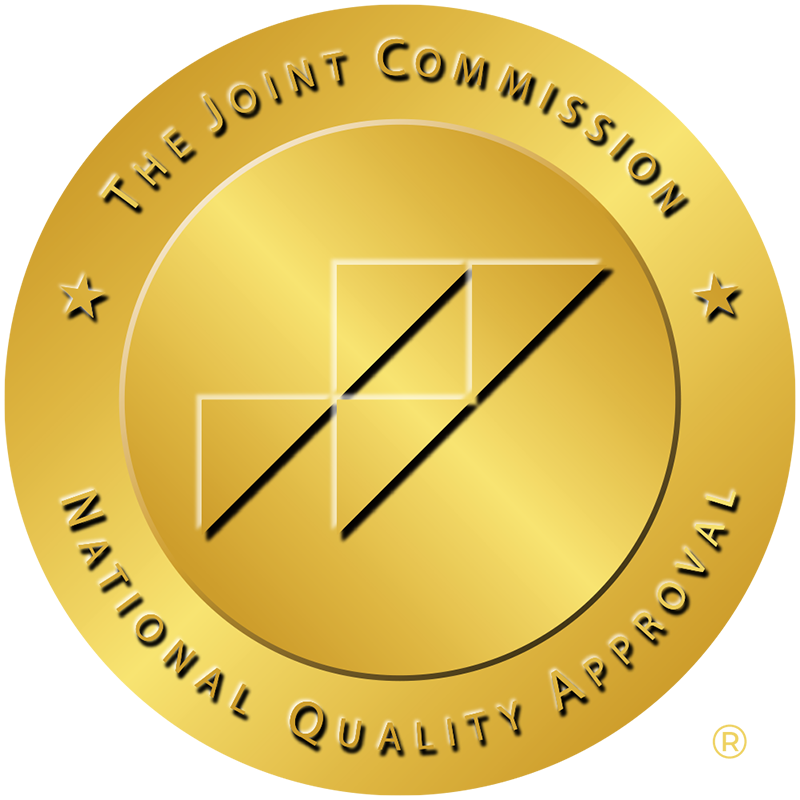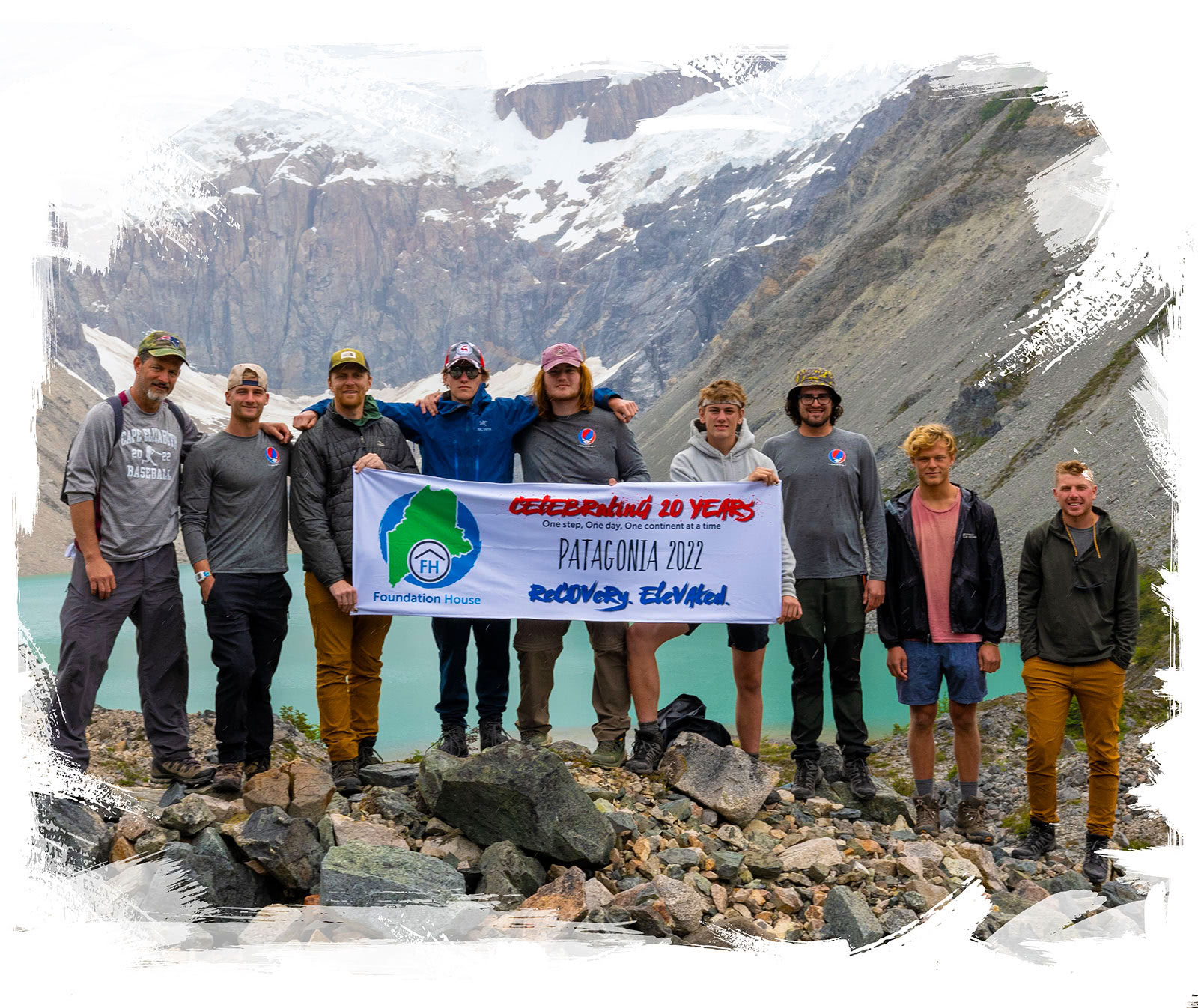
Patagonia
Our 2022 International Expedition took us to Patagonia, Chile, to learn about a different way of life and show the world that anything is possible in recovery.
Europe, Africa, India, St. John, and Chile – Foundation House have traveled across the globe to participate in service work, adventure, enhance our holistic practices, and learn from cultures different from our own. Our staff and residents have followed the journey taken by Easy Company during WWII in Europe, summited Africa’s tallest peak, Mt. Kilimanjaro, traced the path of the Buddha in India, and helped a small island community rebuild their most precious commodity. Although each trip offered different learning opportunities and activities, our goals to foster connection and a better understanding of the world always remain the same.
“Patagonia was more than just a place; it was a journey that transformed my entire being. The mountains and lakes were breathtaking, but it gave me the opportunity to realize that I am free in recovery and that the possibilities of my life are limitless.”
— Tim (resident)
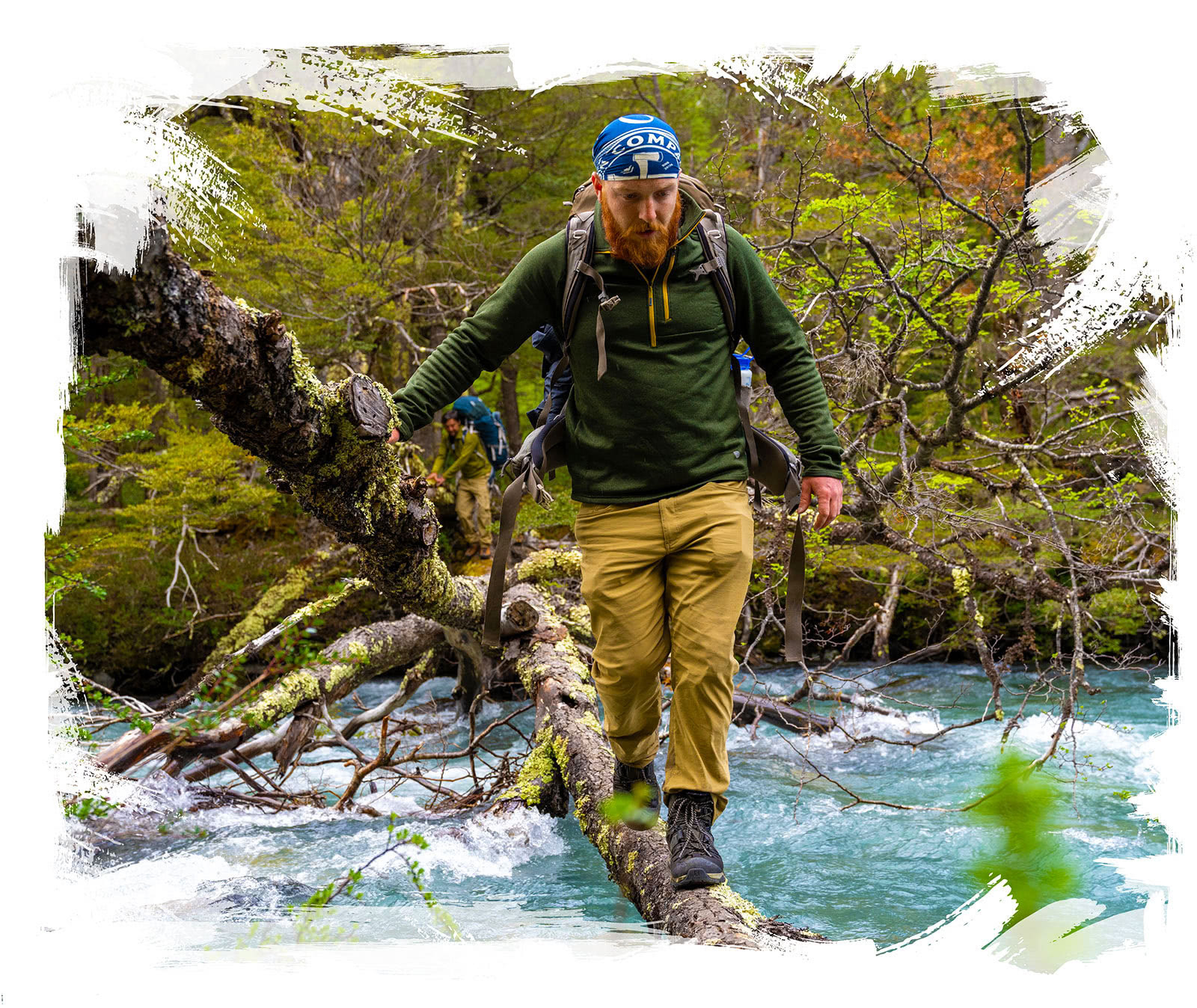 Those who have attended our trips overseas walked away from the experience with an enhanced appreciation of the power of healthy connection. Everything we do at Foundation House is geared toward building relationships that promote individual and collective growth. Our trips, wherever we might go, reflect that focus. There are countless modalities and interventions that are used to treat substance use disorder, mental health issues, and harmful behavior; however, within each is the ardent desire to establish growth-fostering relationships.
Those who have attended our trips overseas walked away from the experience with an enhanced appreciation of the power of healthy connection. Everything we do at Foundation House is geared toward building relationships that promote individual and collective growth. Our trips, wherever we might go, reflect that focus. There are countless modalities and interventions that are used to treat substance use disorder, mental health issues, and harmful behavior; however, within each is the ardent desire to establish growth-fostering relationships.
Our expedition to Patagonia was another attempt to demonstrate the power of such a connection. We believe that with the right network of people, any situation can be successfully navigated, and any goal can be accomplished. Patagonia presented us with the perfect opportunity to show how teamwork and collaboration can overcome the obstacles of the world’s most remote places, the lack of modern resources, and the physical demands of life in the mountains.
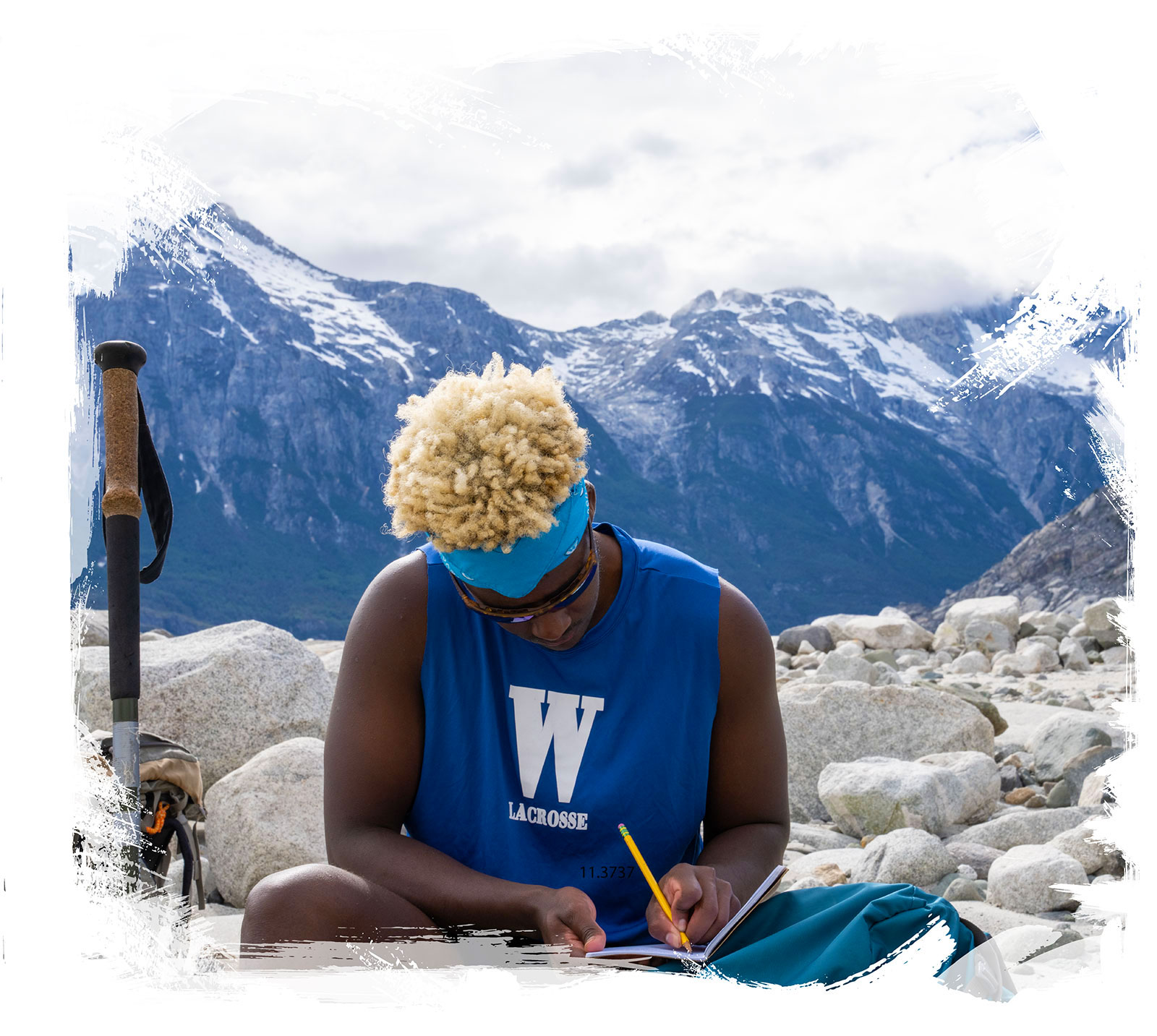
The importance of developing a plan has been taught to every Foundation House resident and staff member since our doors opened. Slow it down and follow the plan. This mantra is the jumping-off point in any Foundation House trip or activity. Patagonia presented many challenges; just getting to Chilean Patagonia is an adventure within itself. We planned on going to one of the planet’s most remote and sparsely populated regions. We had to prepare ourselves physically for the hiking ahead and mentally for the hours we would spend on the road and the weeks genuinely living in the backcountry. In the months leading up to the trip, we held multiple hiking excursions within the White Mountain National Forest and weekly classroom-style meetings to review our itinerary, learn about the local Gaucho culture, comprehend the impact of climate change in the region, and try to imagine what life would be like in Chile.
“In leaving behind the noise and commotion of my familiar surroundings, I discovered the clarity and focus to nurture my own growth and forge genuine connections with those around me.”
— Ry (alumnus)
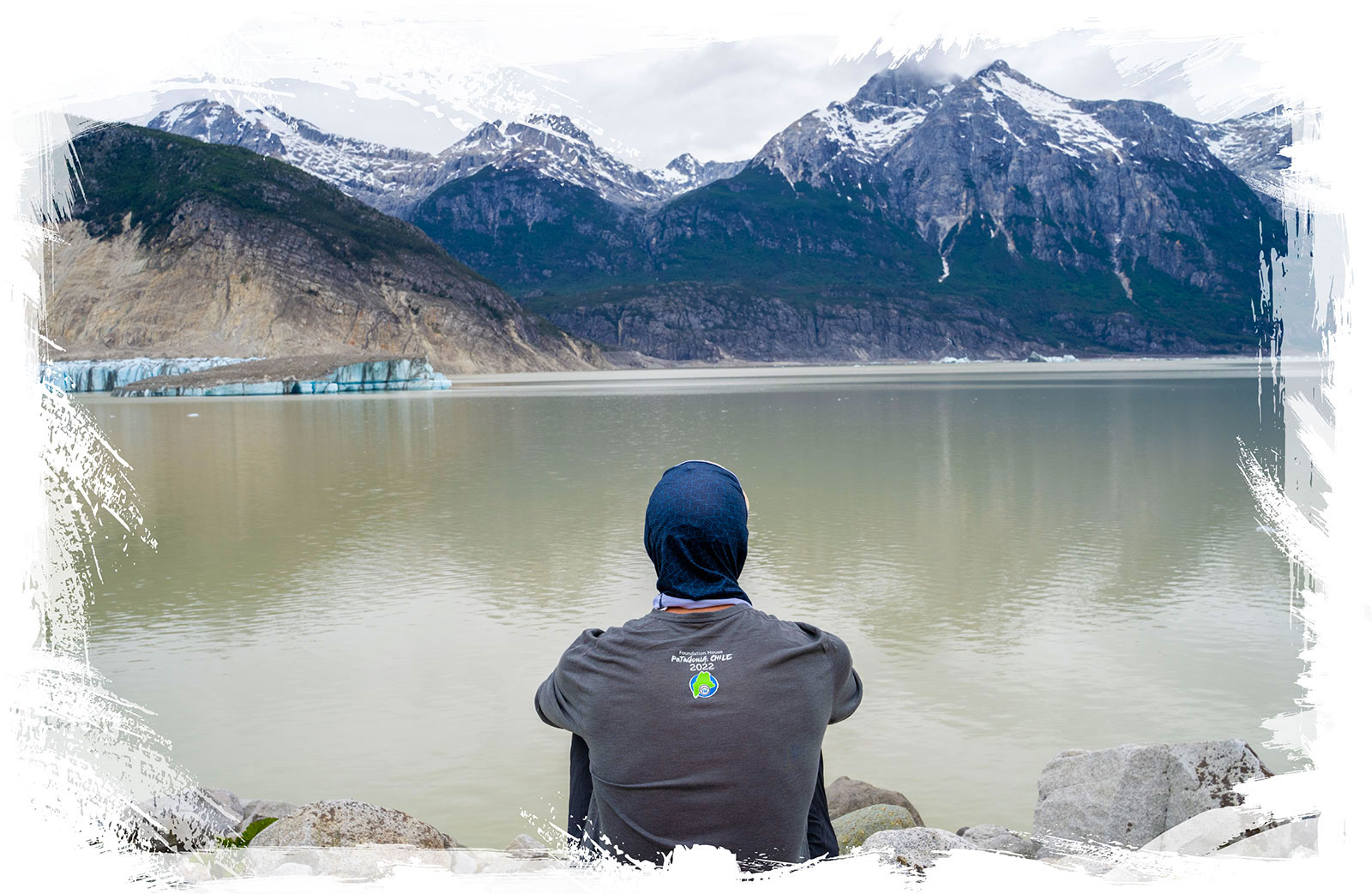
Despite our best efforts, little can prepare one for how difficult it is to travel to the Aysén Region in Chilean Patagonia. The region is in the northwest portion of Patagonia, and it is much less of a tourist destination than in some areas in the country’s south. We wanted to do something that was a challenge and would test our group cohesion while visiting a place genuinely off the grid. After twenty-four hours of flights, ten hours of driving on dirt roads, four hours of hiking, and a brief but eventful rowboat river crossing, we found ourselves on the edge of the Earth. Sol de Mayo Ranch would be our home and adventure launching point for the next two weeks. From Sol de Mayo, we set out on multiple treks to see the Northern Patagonia Ice Sheet, summit the neighboring Mount Nani, and hike to a glacial lake that few people have ever seen.
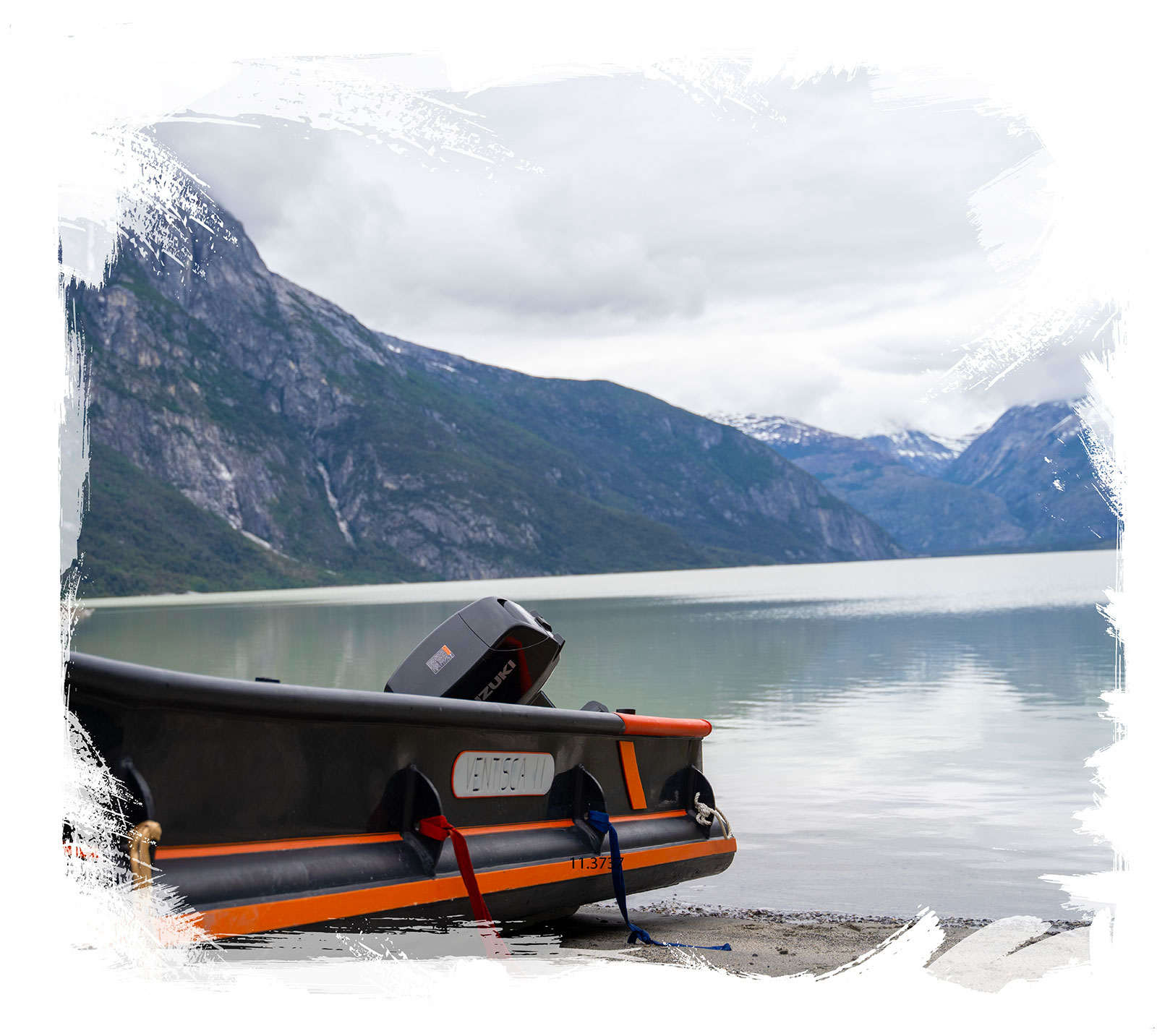
The beauty of these places is difficult to articulate, but it became clear that our biggest takeaway would not be the sights. Simply put, living in Patagonia is hard. Any amenity one can think of takes physical effort to obtain. Hot showers and hot meals meant hauling enough firewood from the forest, and even drinking clean water presented obstacles. Meeting our most basic of needs required daily team efforts. We were immediately reminded of how much we take for granted at home. While initially shocked, we collectively agreed that this was why we came here. Many of us left for Patagonia hoping to walk on a glacier, climb an unknown peak, or enjoy the local cuisine. We accomplished many of those things, but we left knowing, more convinced than ever, that none of that would have been possible or as enjoyable without the people we were with, and our guides’ help and tutelage.
“Experiencing a difficult culture and way of life helped me see the world through a different lens. The people we stayed with on our trip taught us that living with less enabled us to experience so much more. The memories and lessons gained from such an experience will last a lifetime.”
— Tyler (resident)
Perhaps most importantly, the trip will serve as a reminder of the beauty and wonder of life, even in the face of adversity. For those who have struggled with substance use and other mental health challenges, it can be all too easy to lose sight of the joys of life and the beauty of the world around us. Our trip to Patagonia was a powerful reminder of what is possible when we commit ourselves to recovery and embrace the opportunities that life has to offer. It is a source of inspiration and motivation, helping us to stay focused on our goals and maintain our commitment to a better, healthier way of living.
“Patagonia got me out of my head and into my heart.”
— Jake (resident)

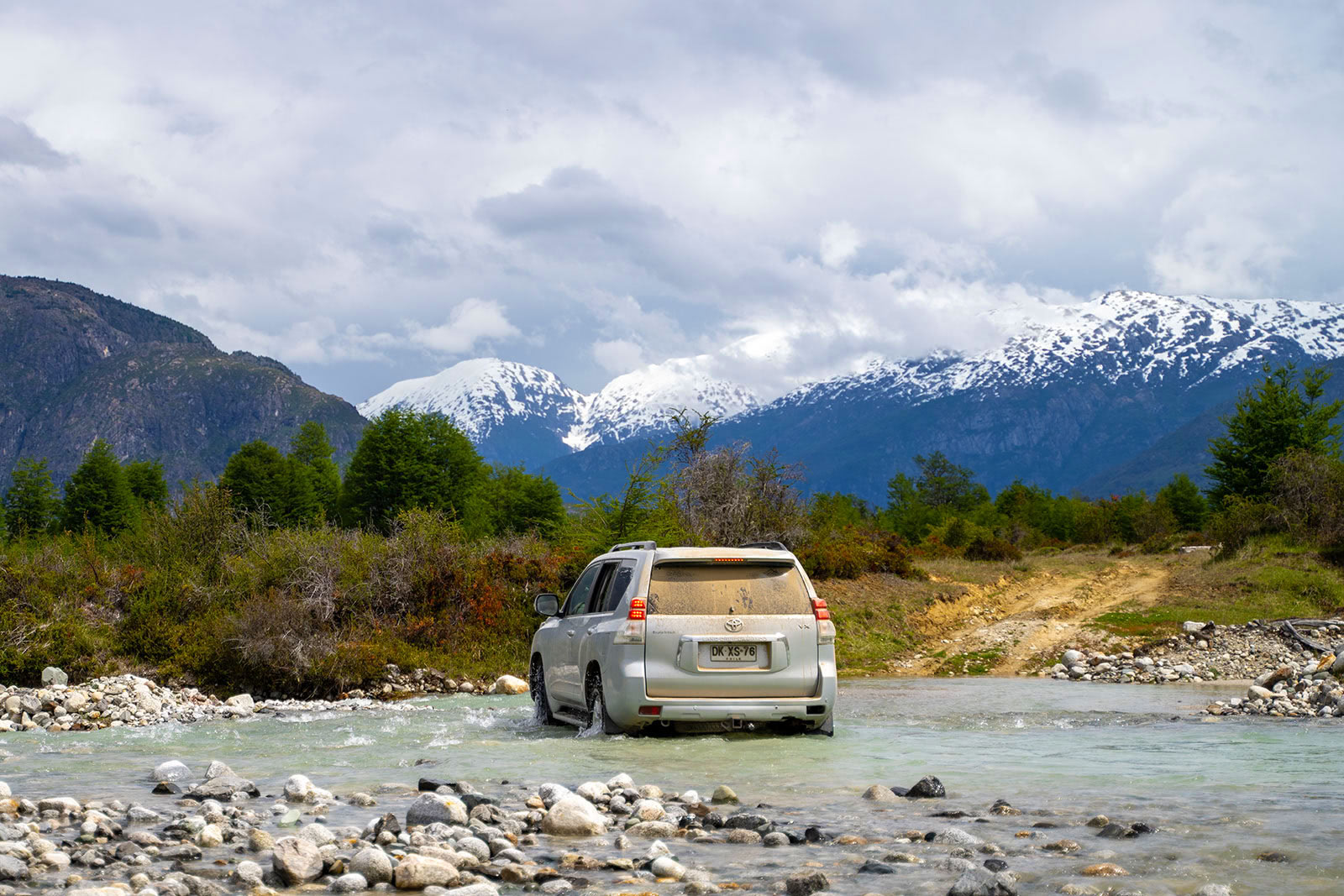
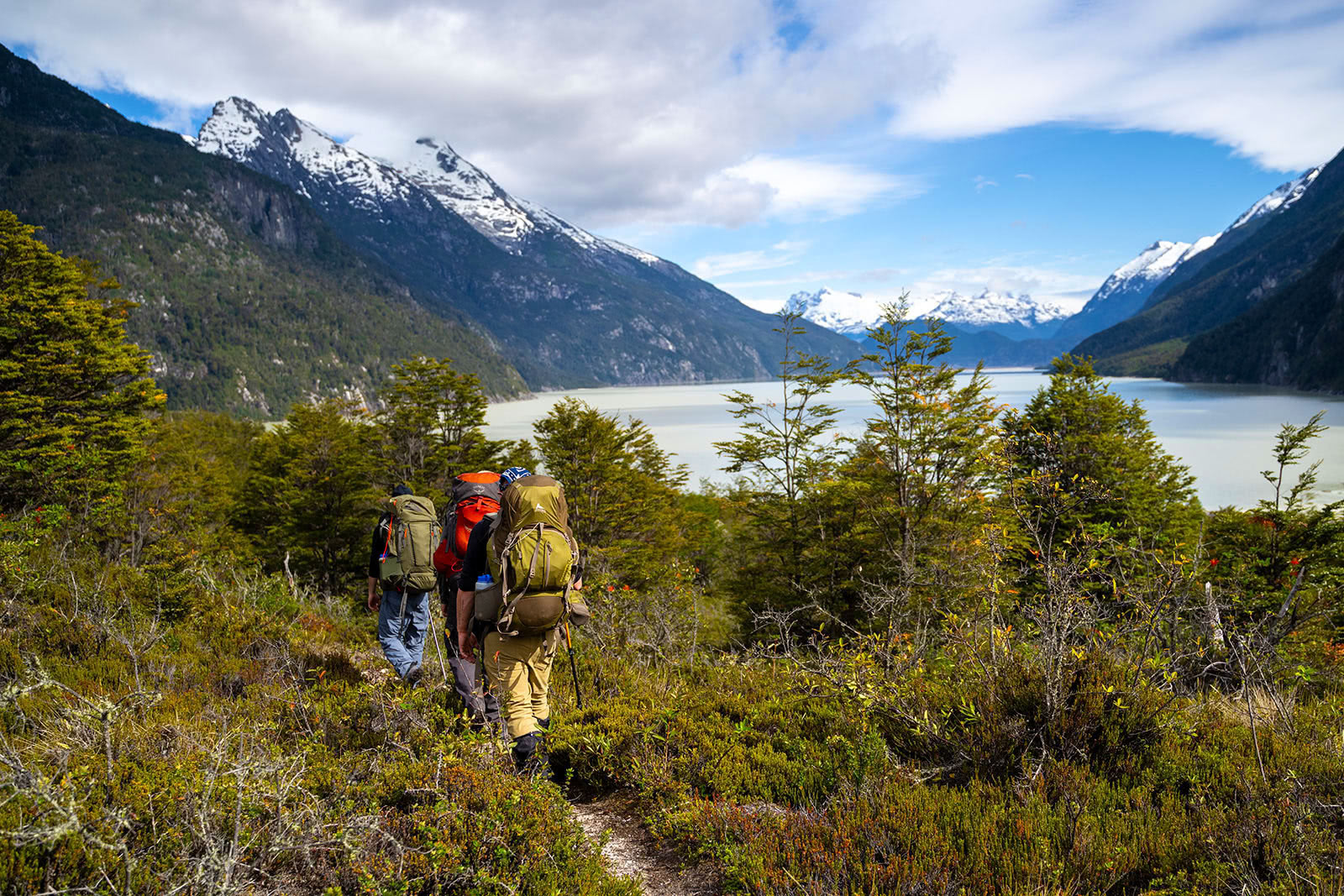
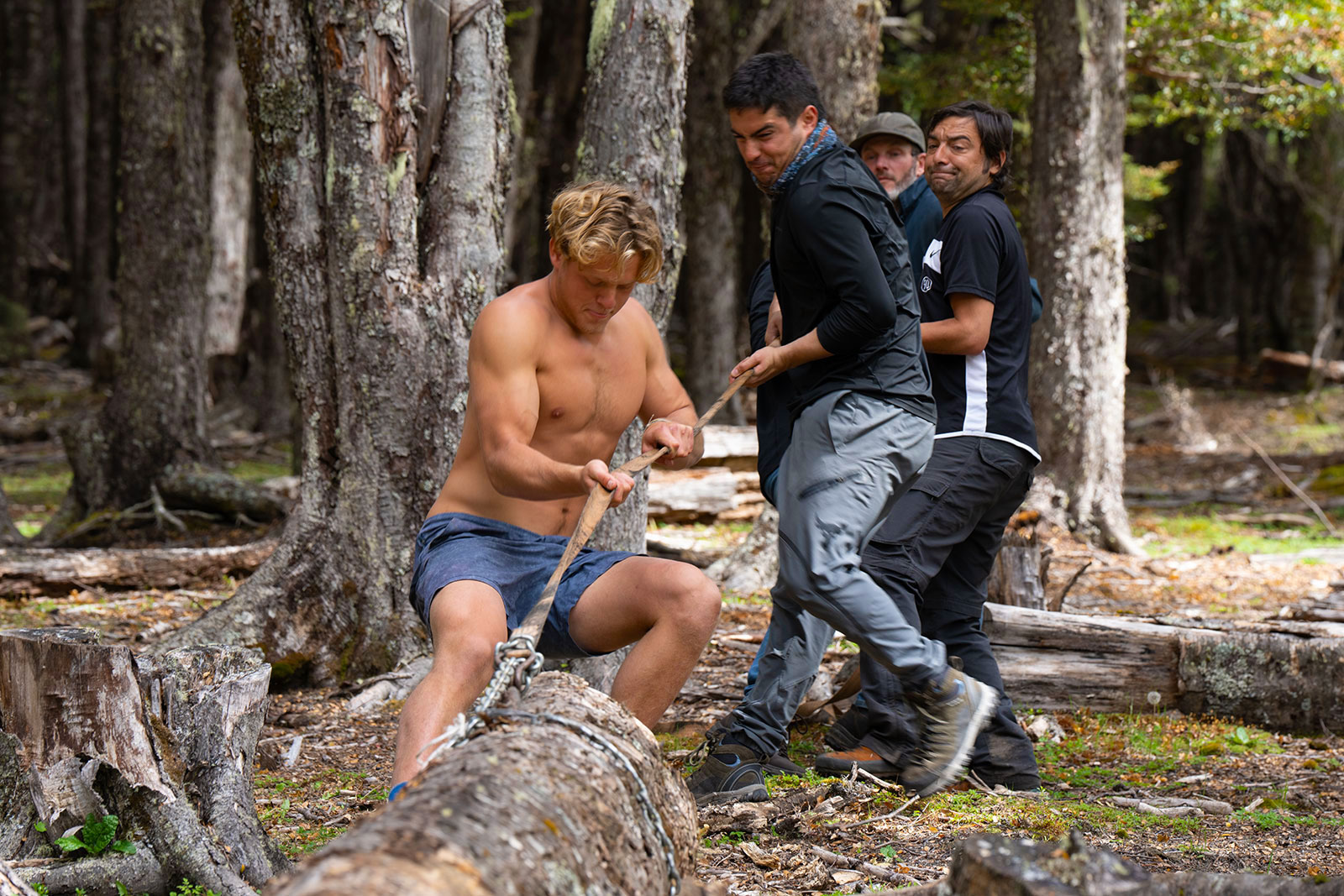
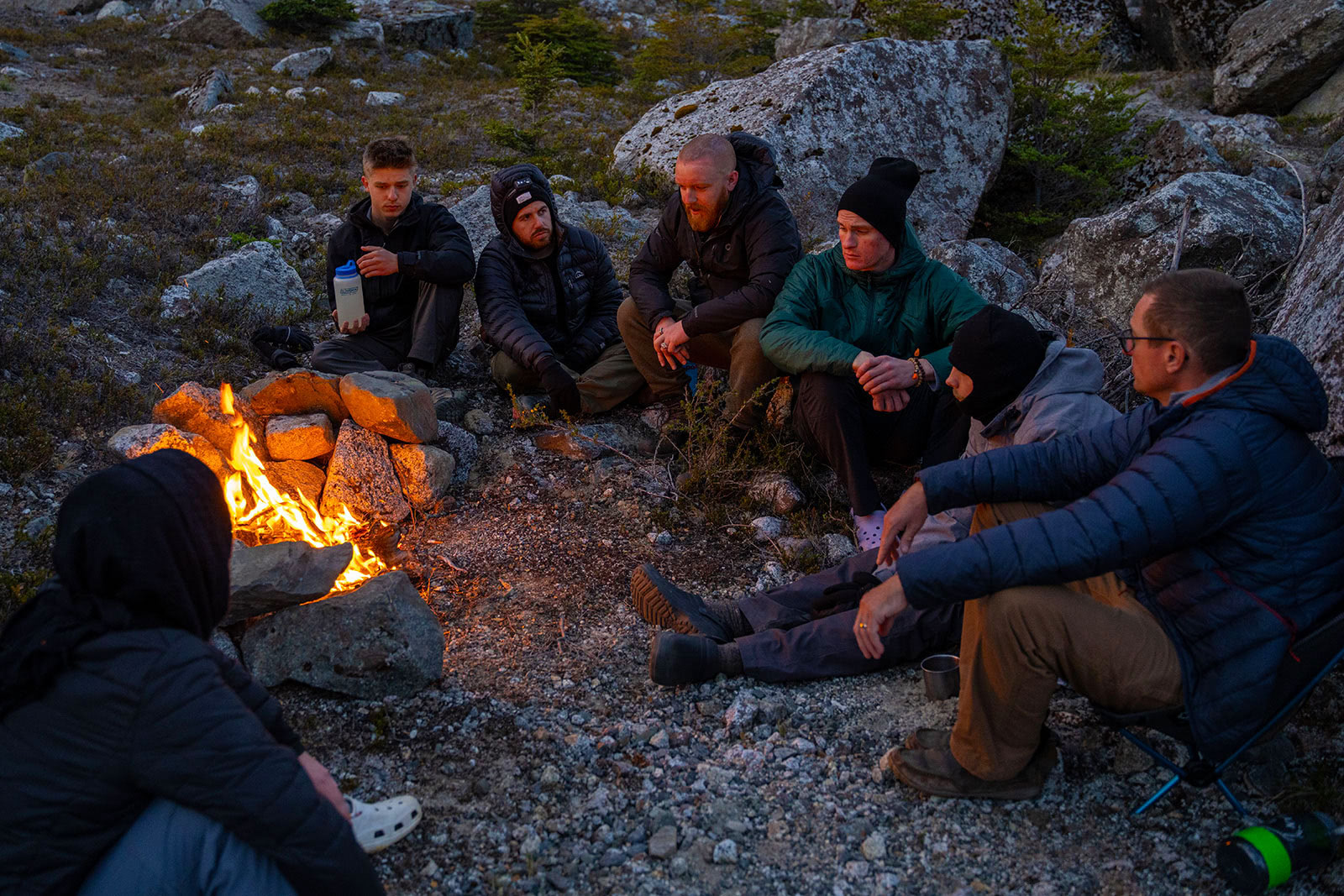
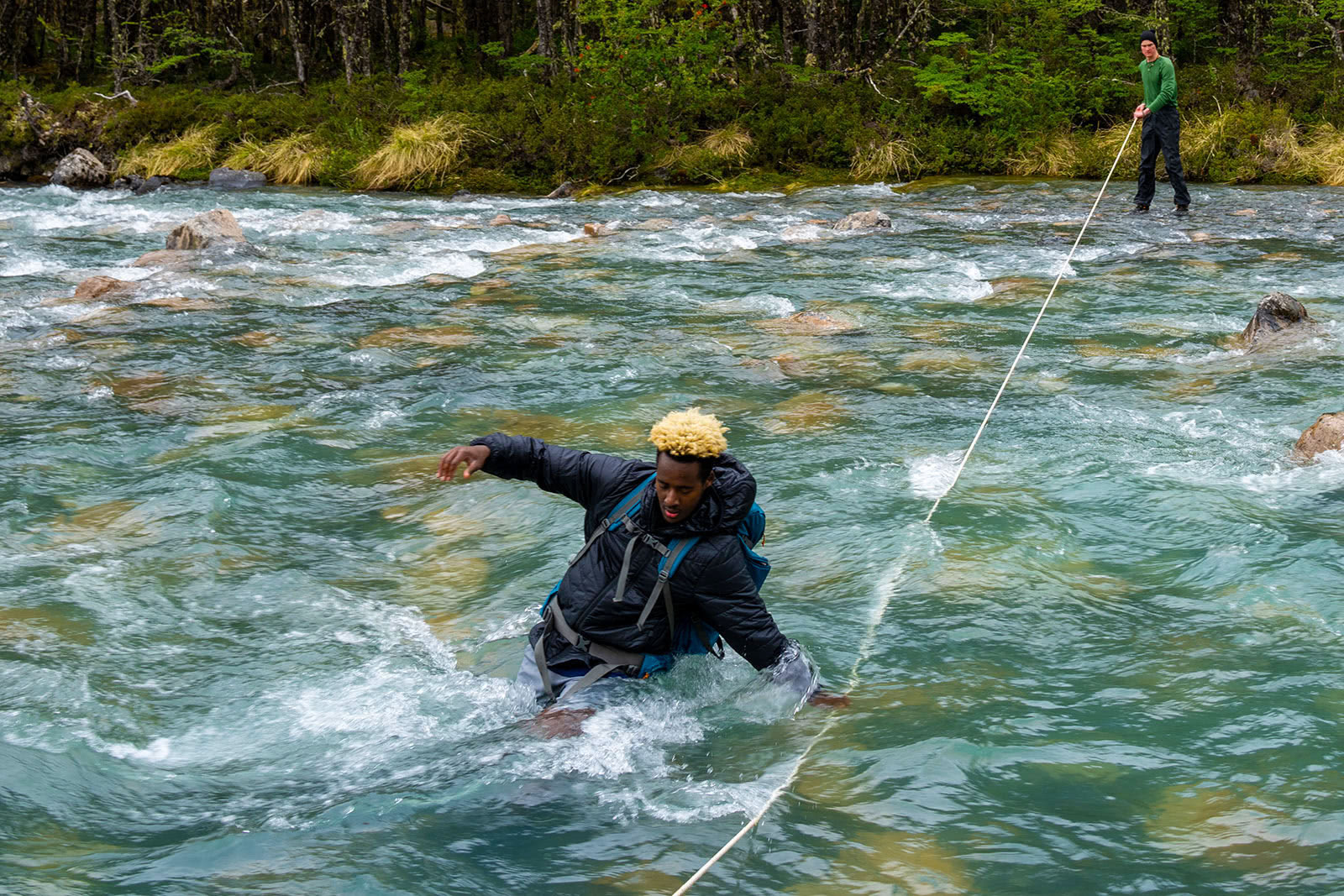
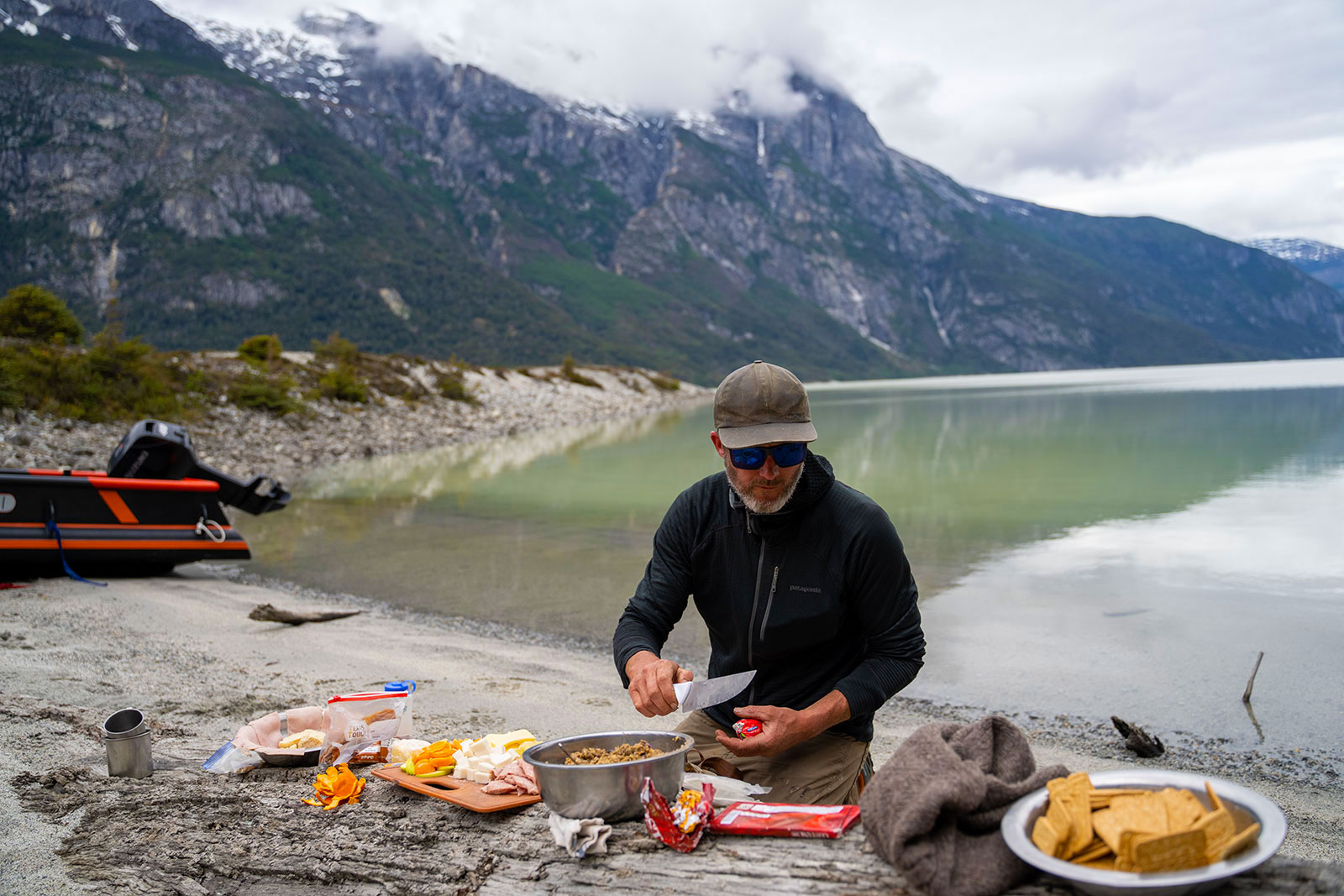
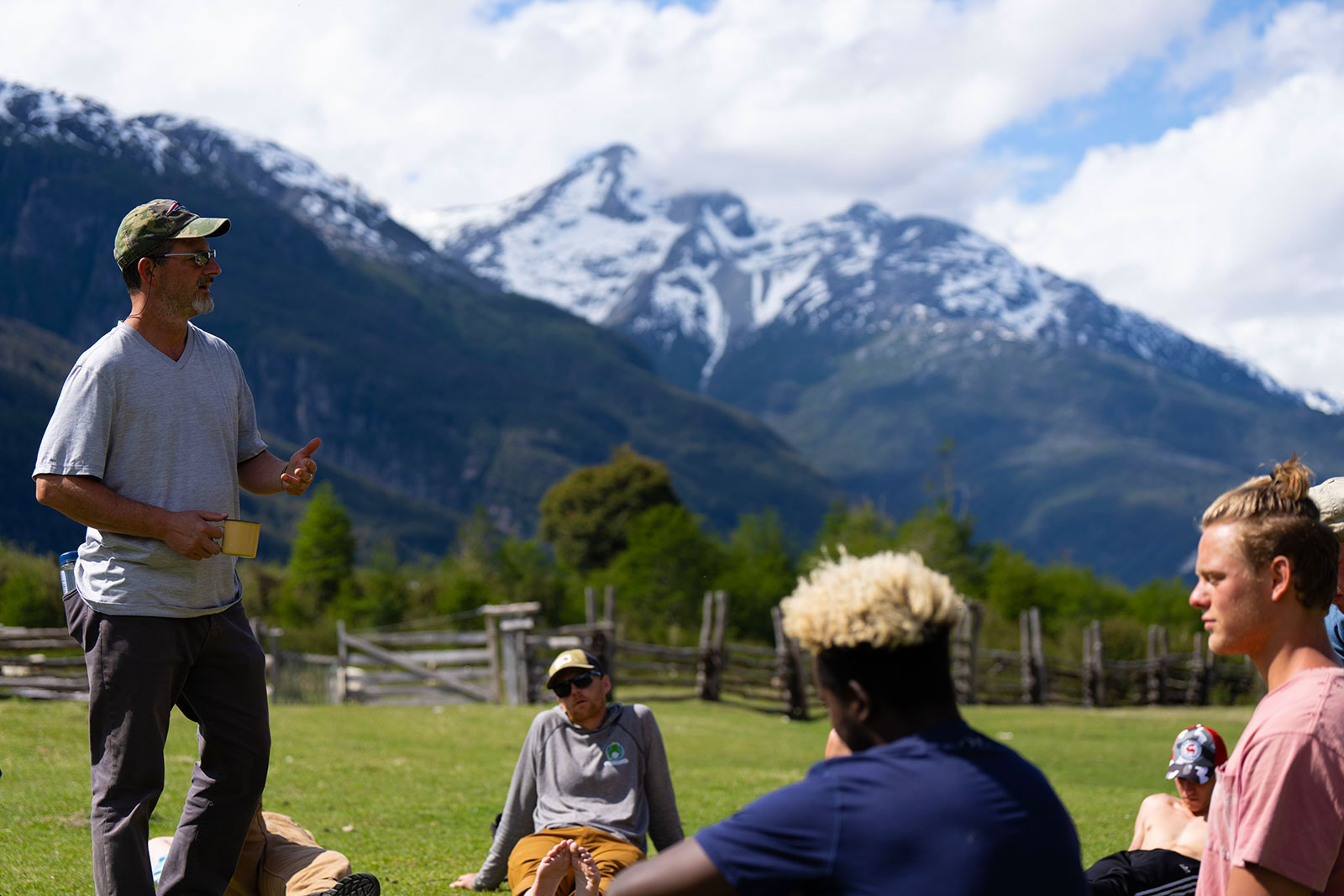
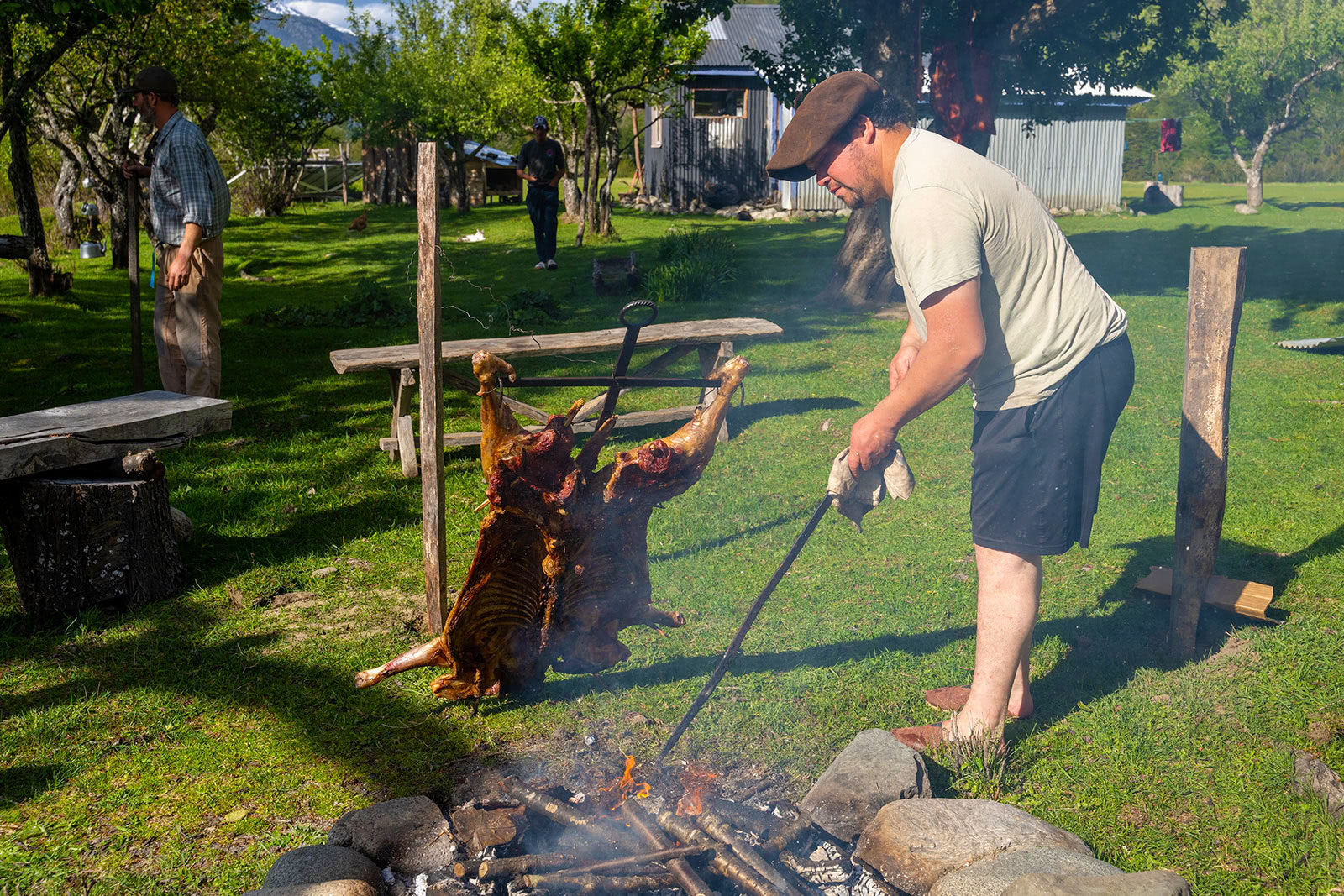
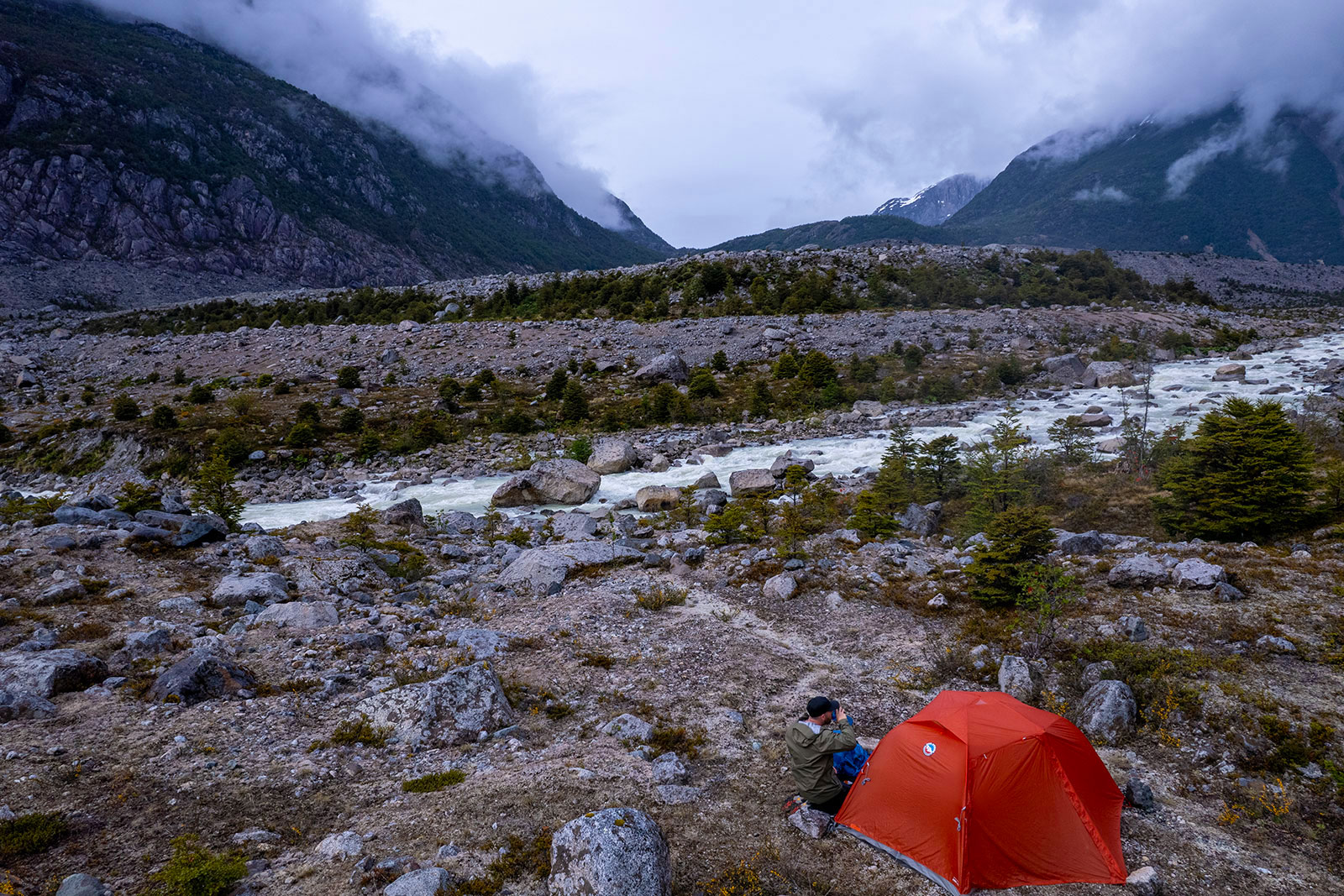
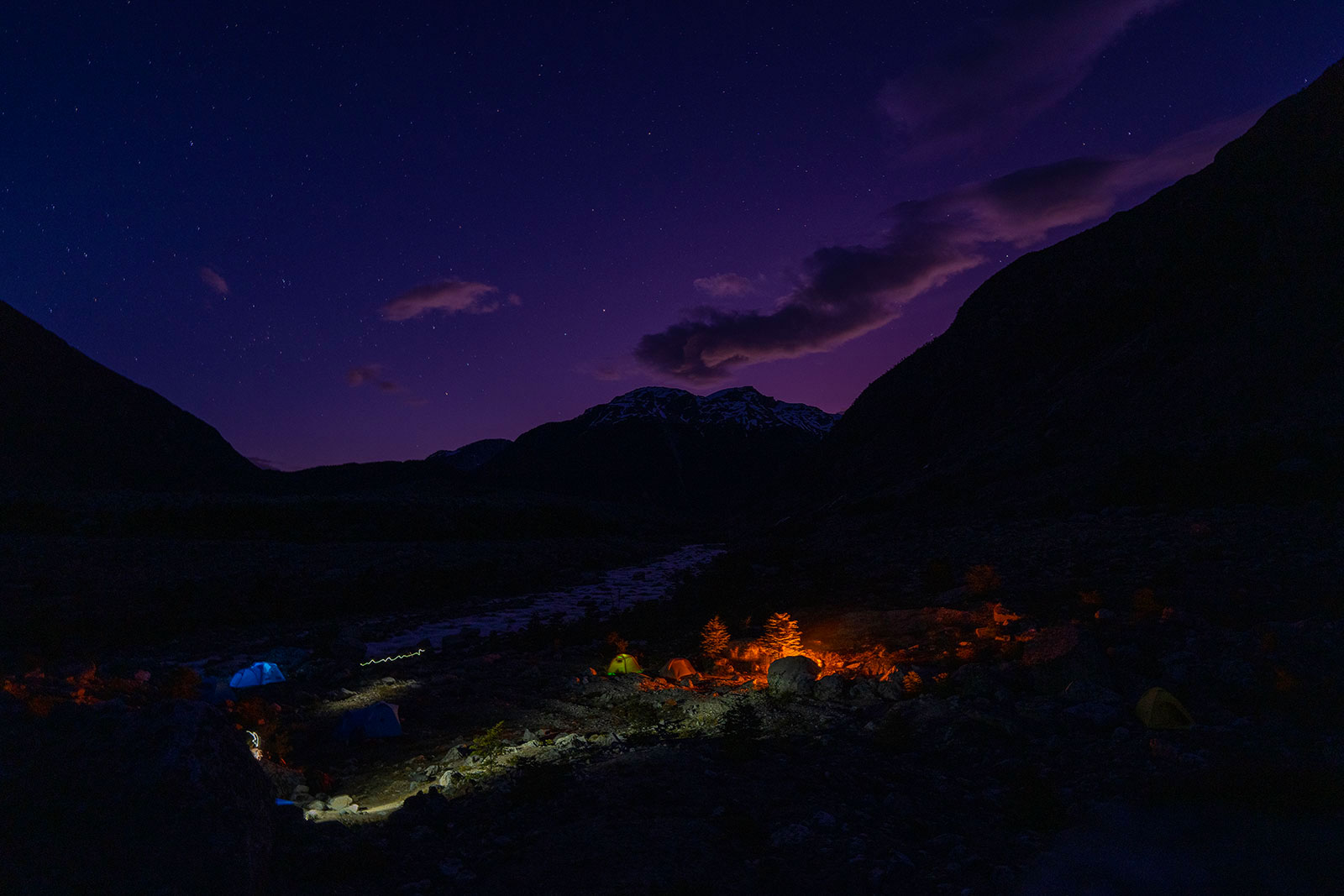
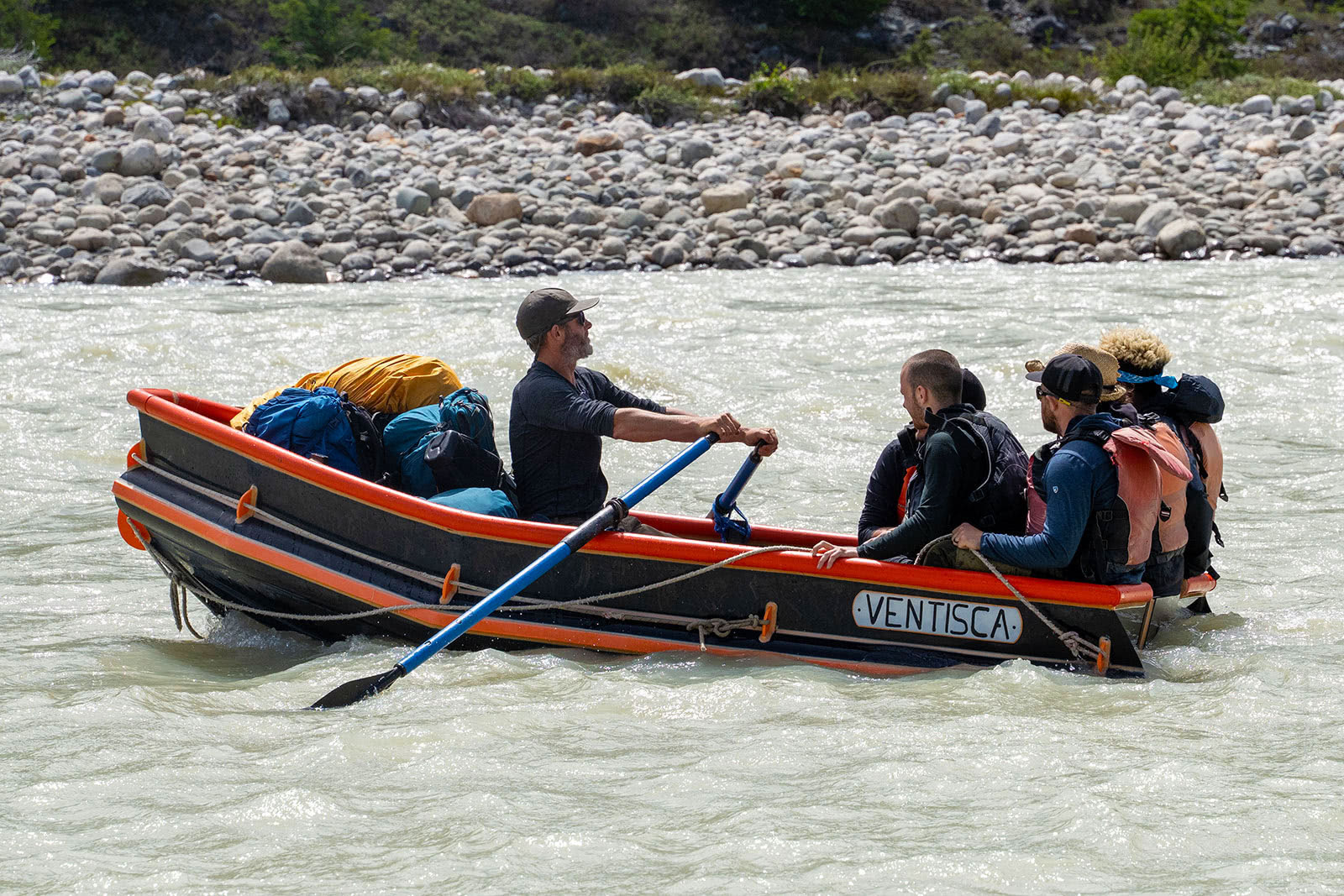
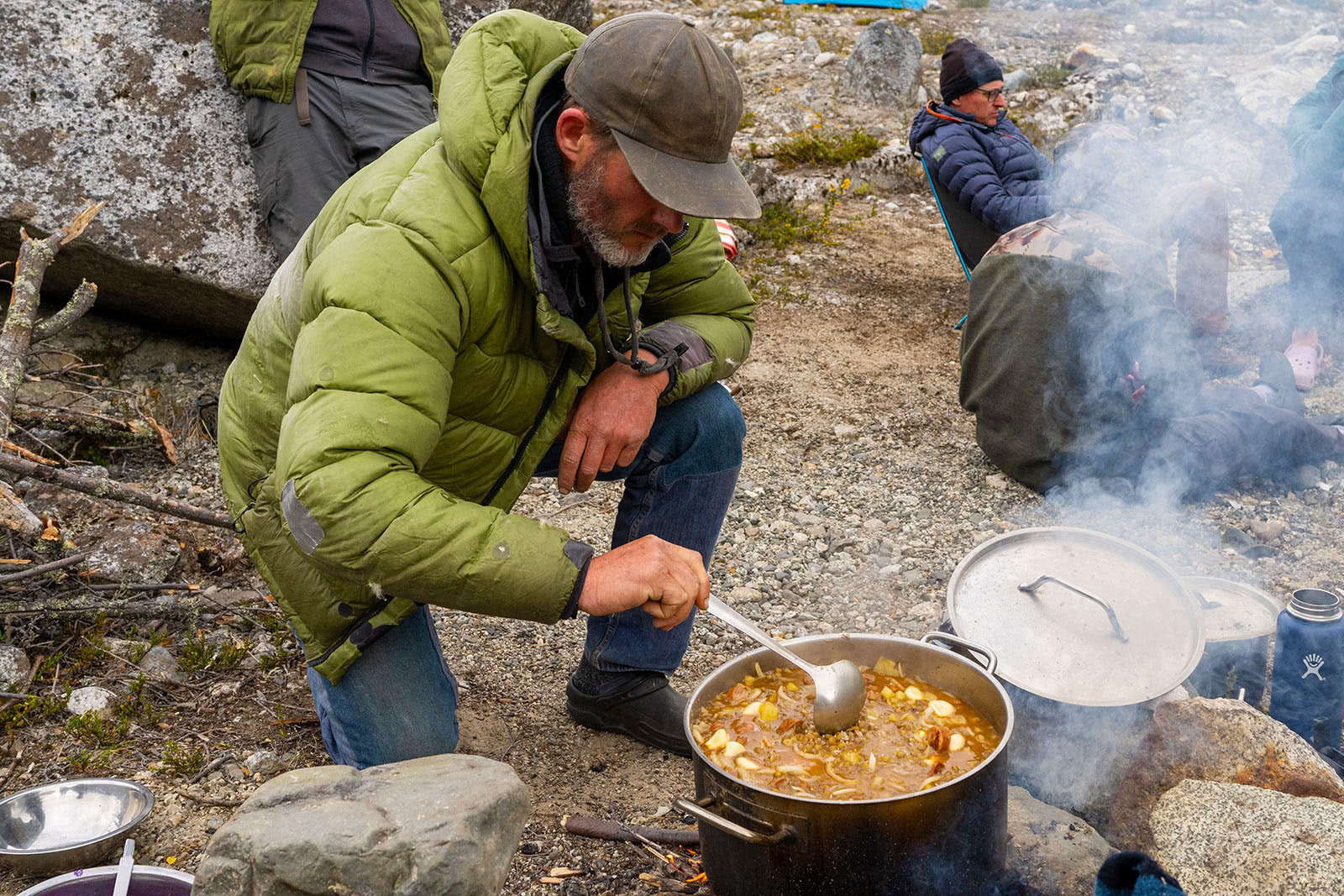
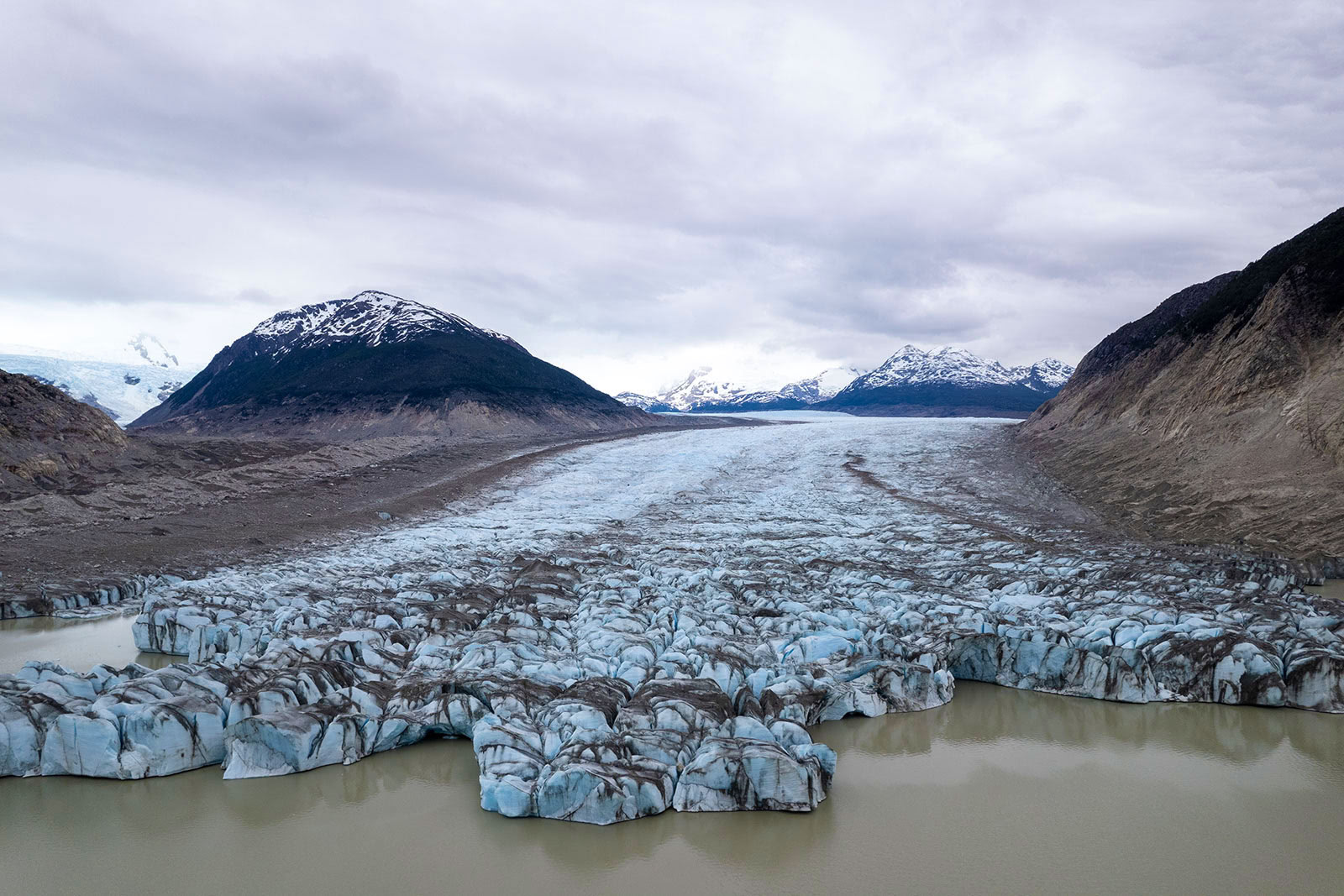
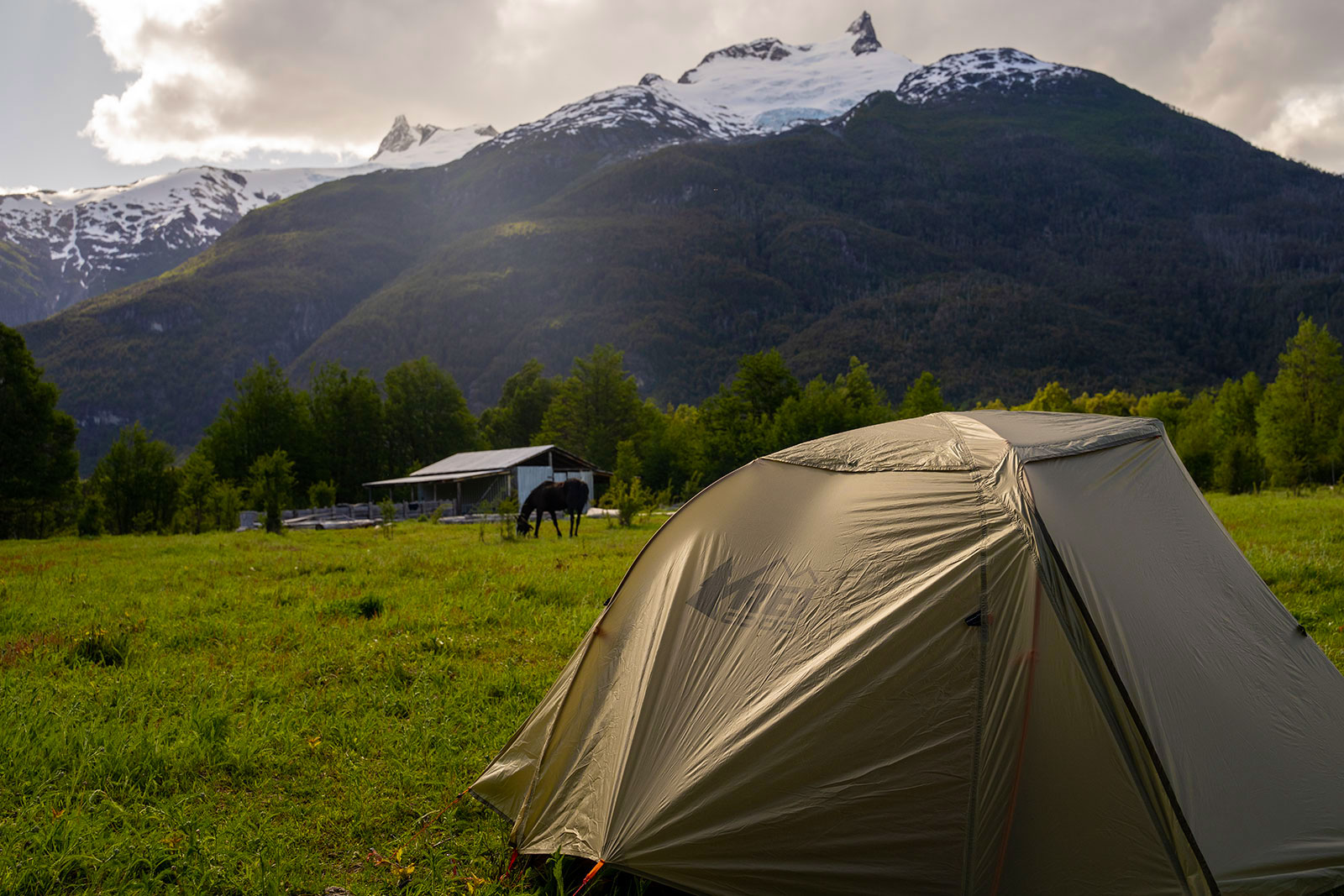
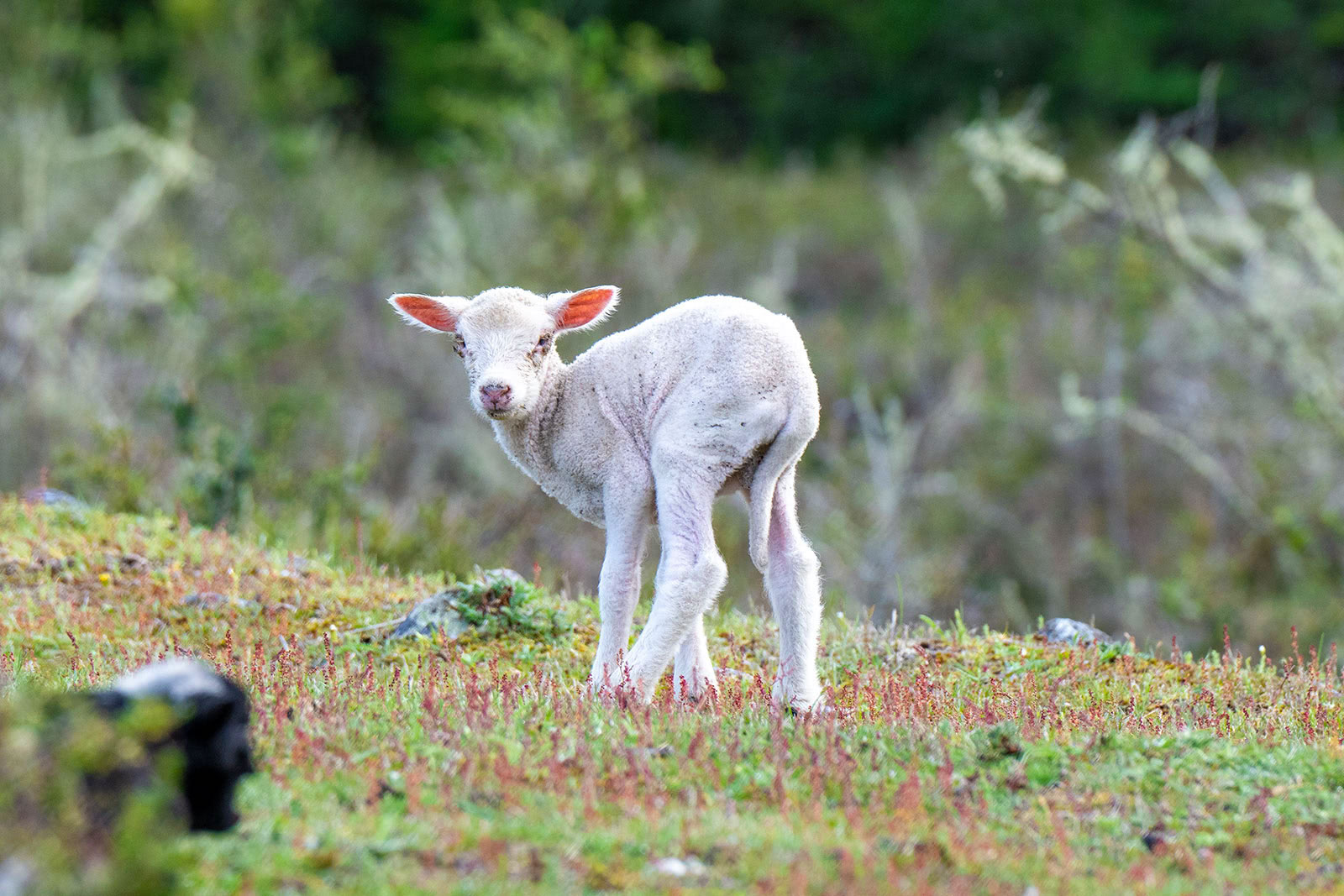
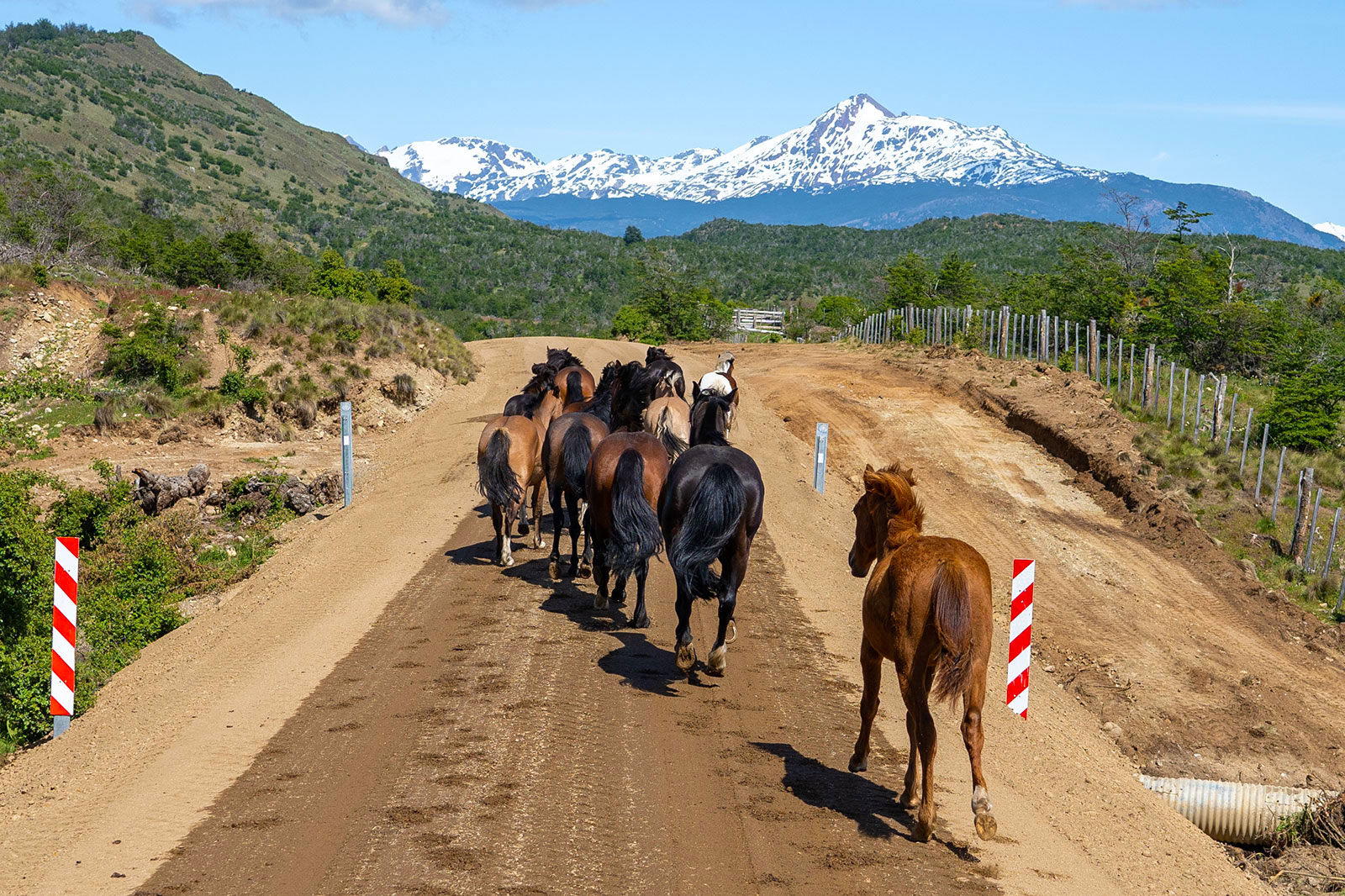
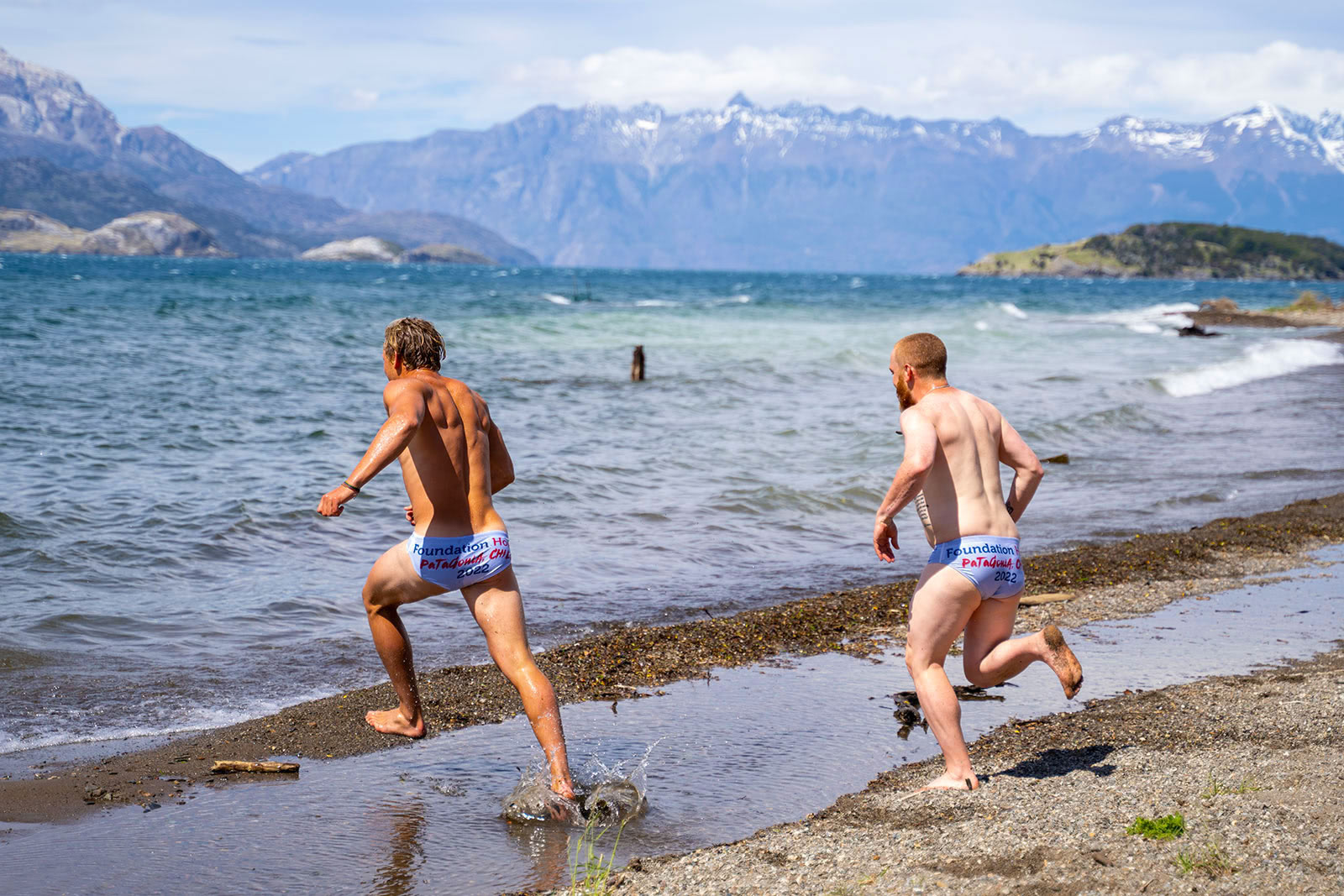
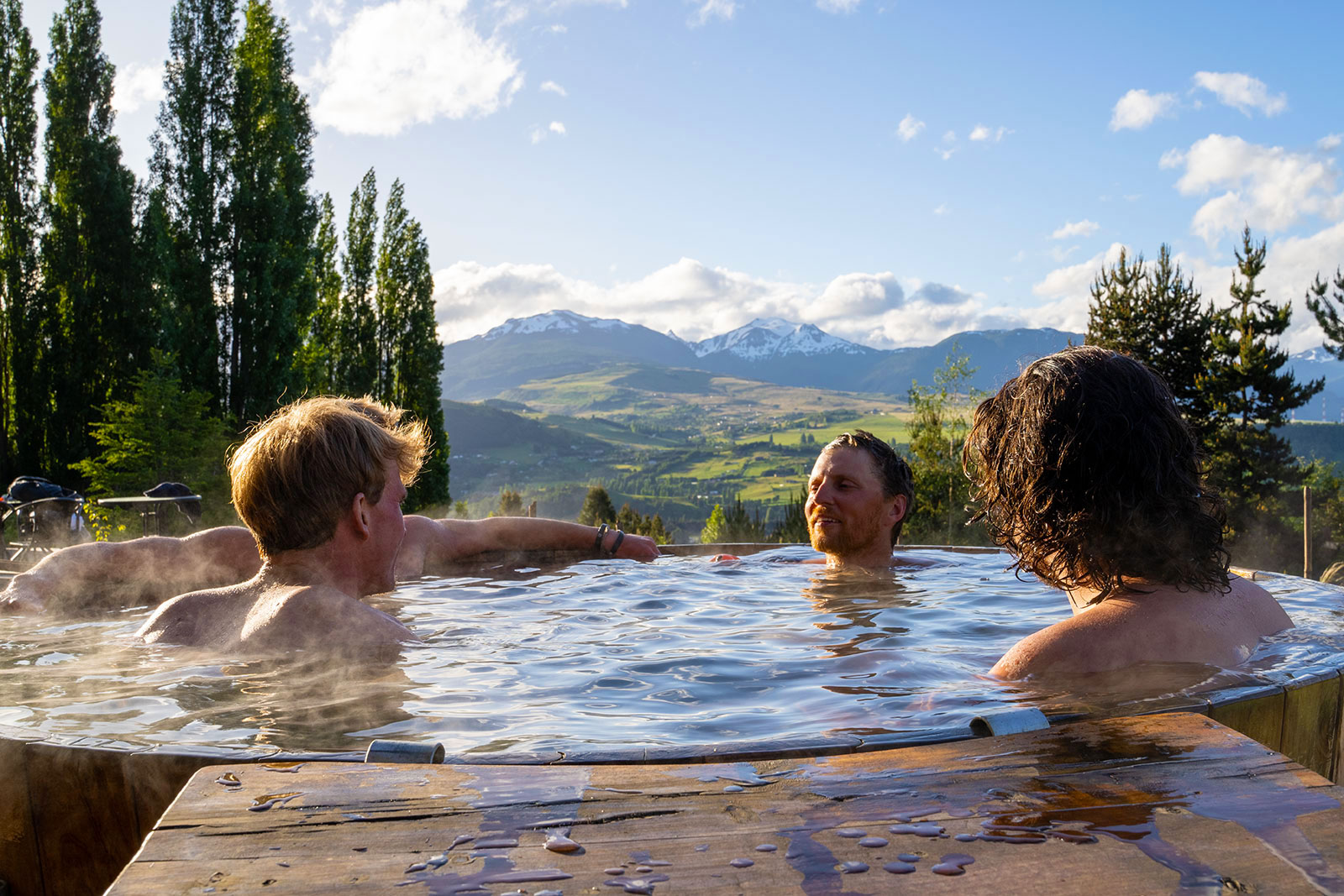
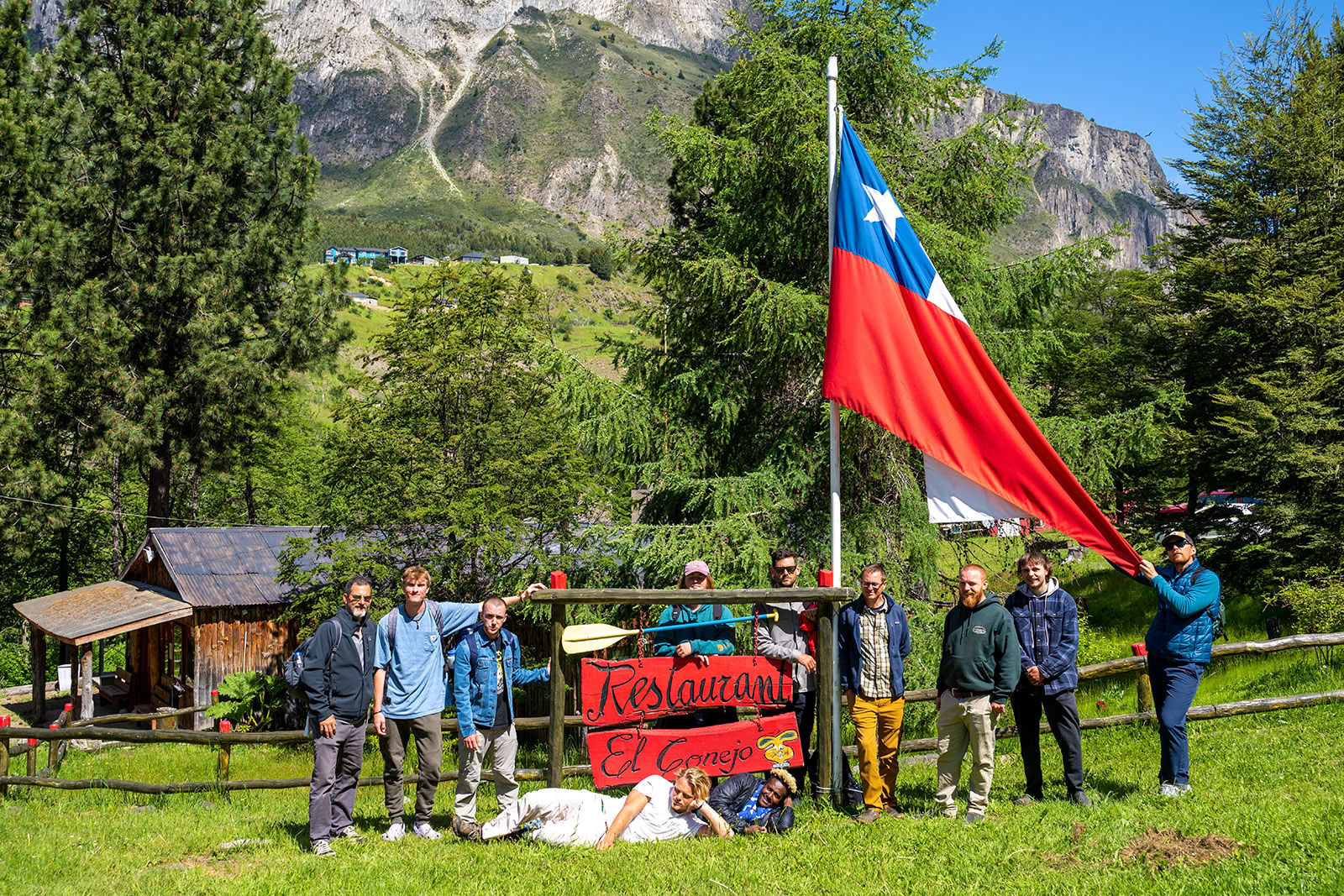
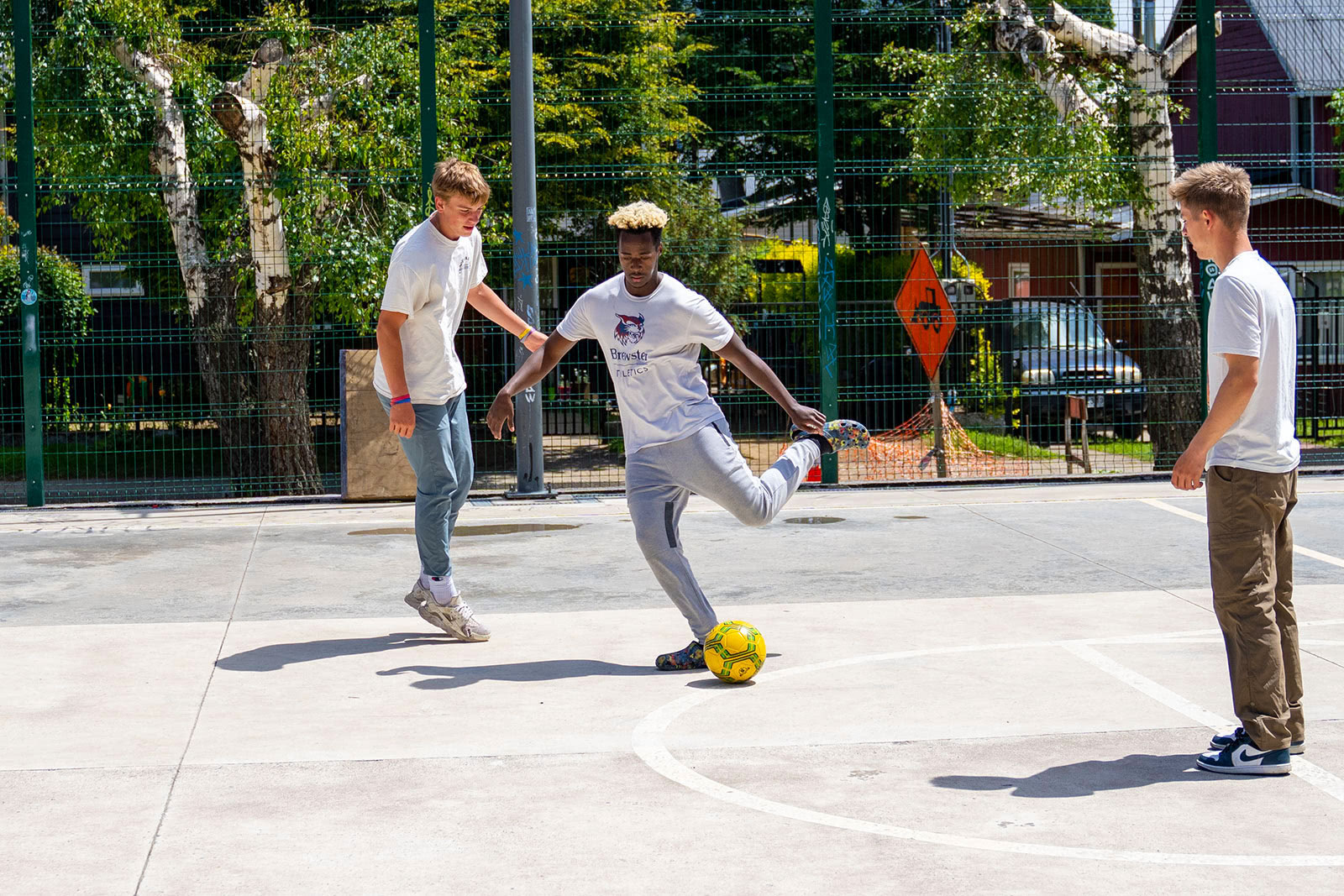

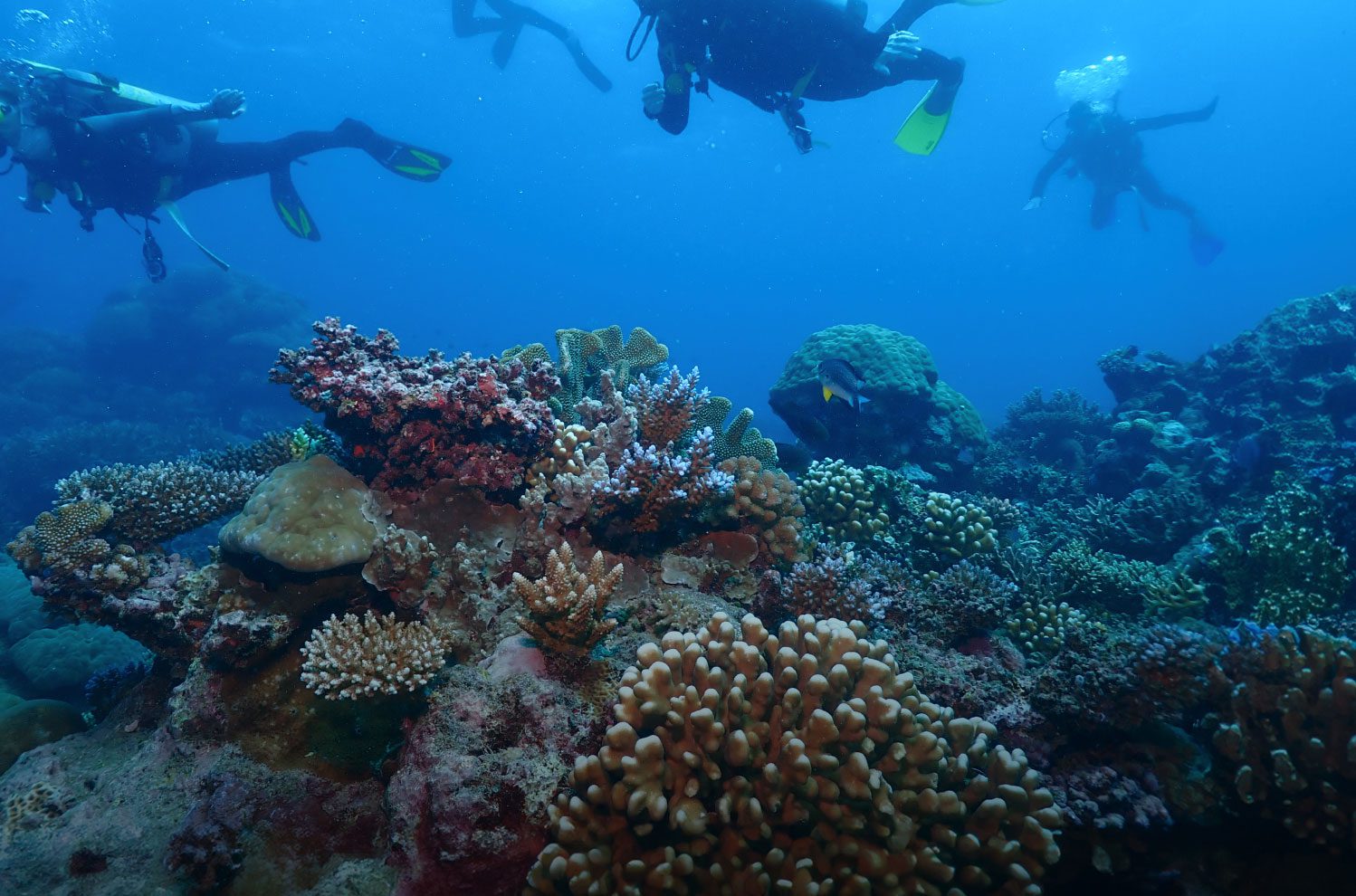 Australia
Australia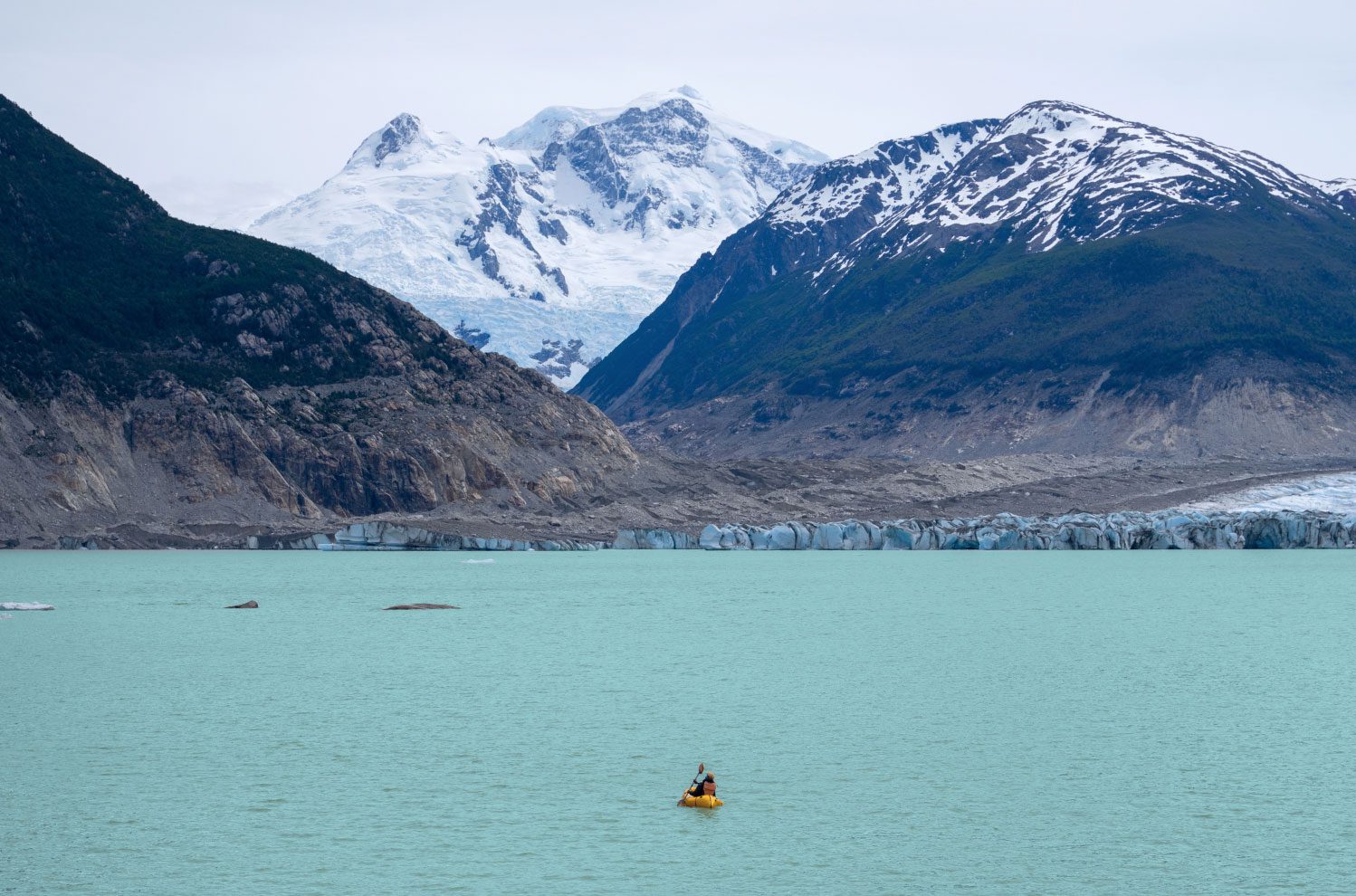 Patagonia
Patagonia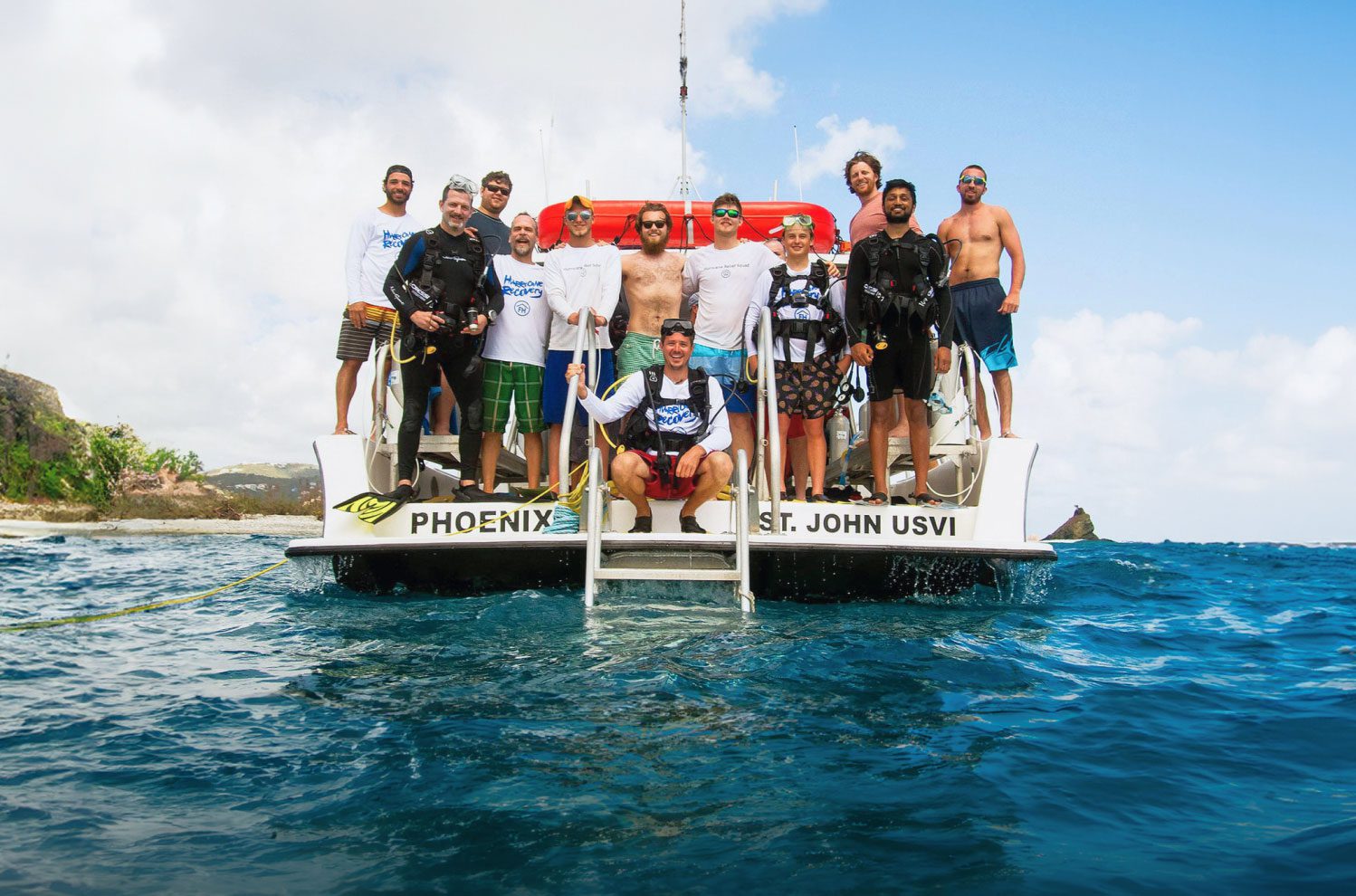 Virgin Islands
Virgin Islands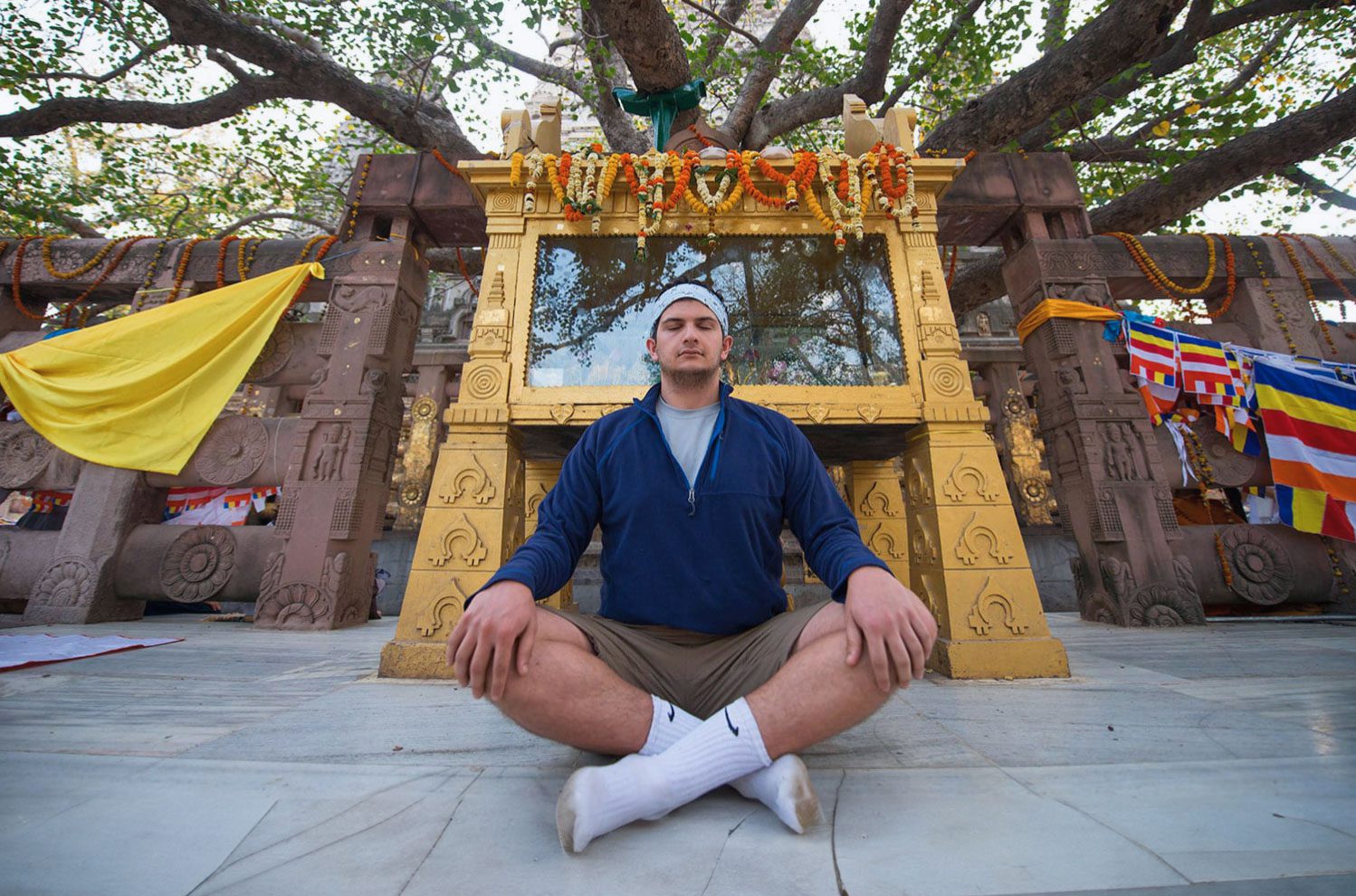 India
India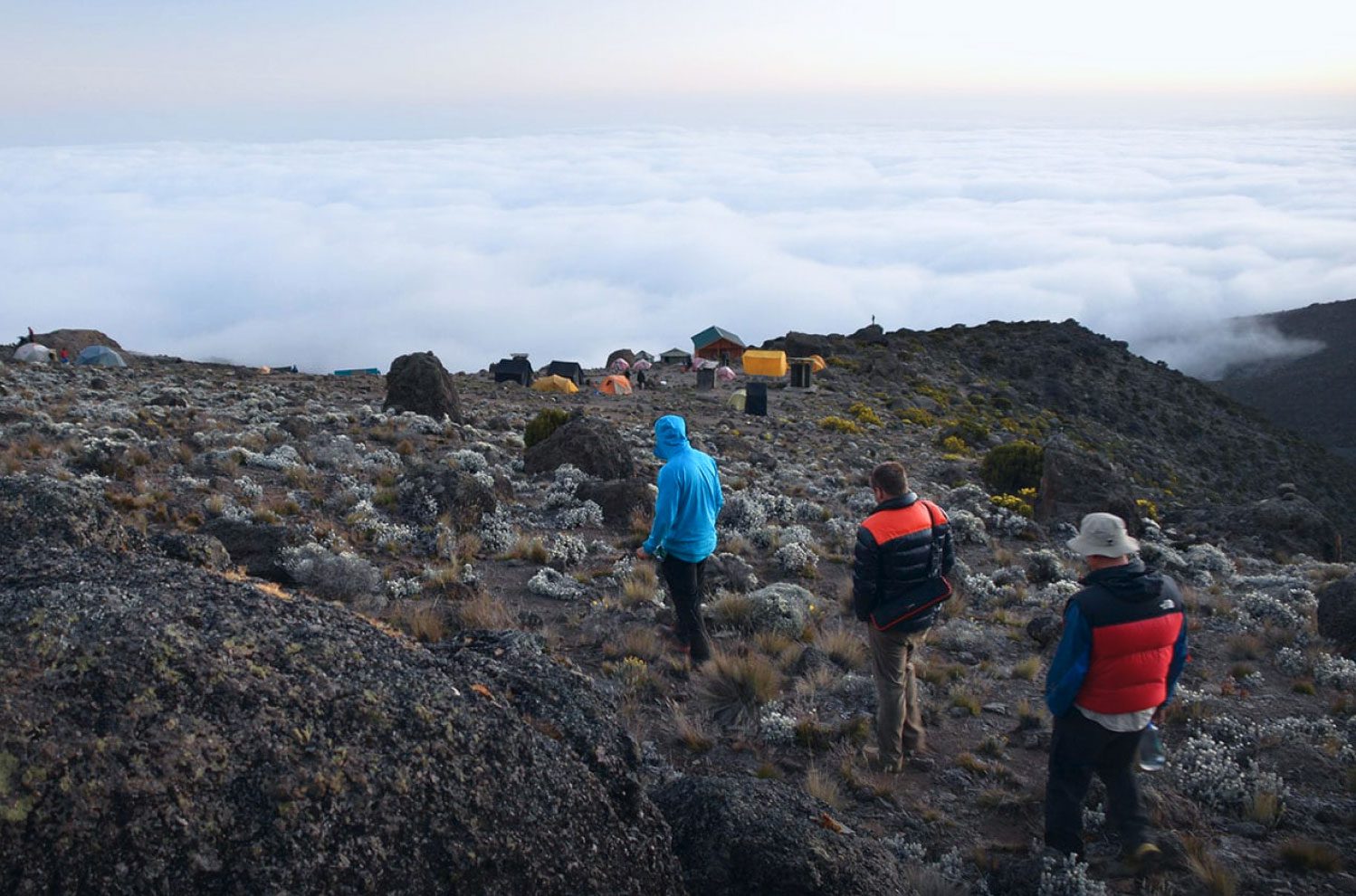 Africa
Africa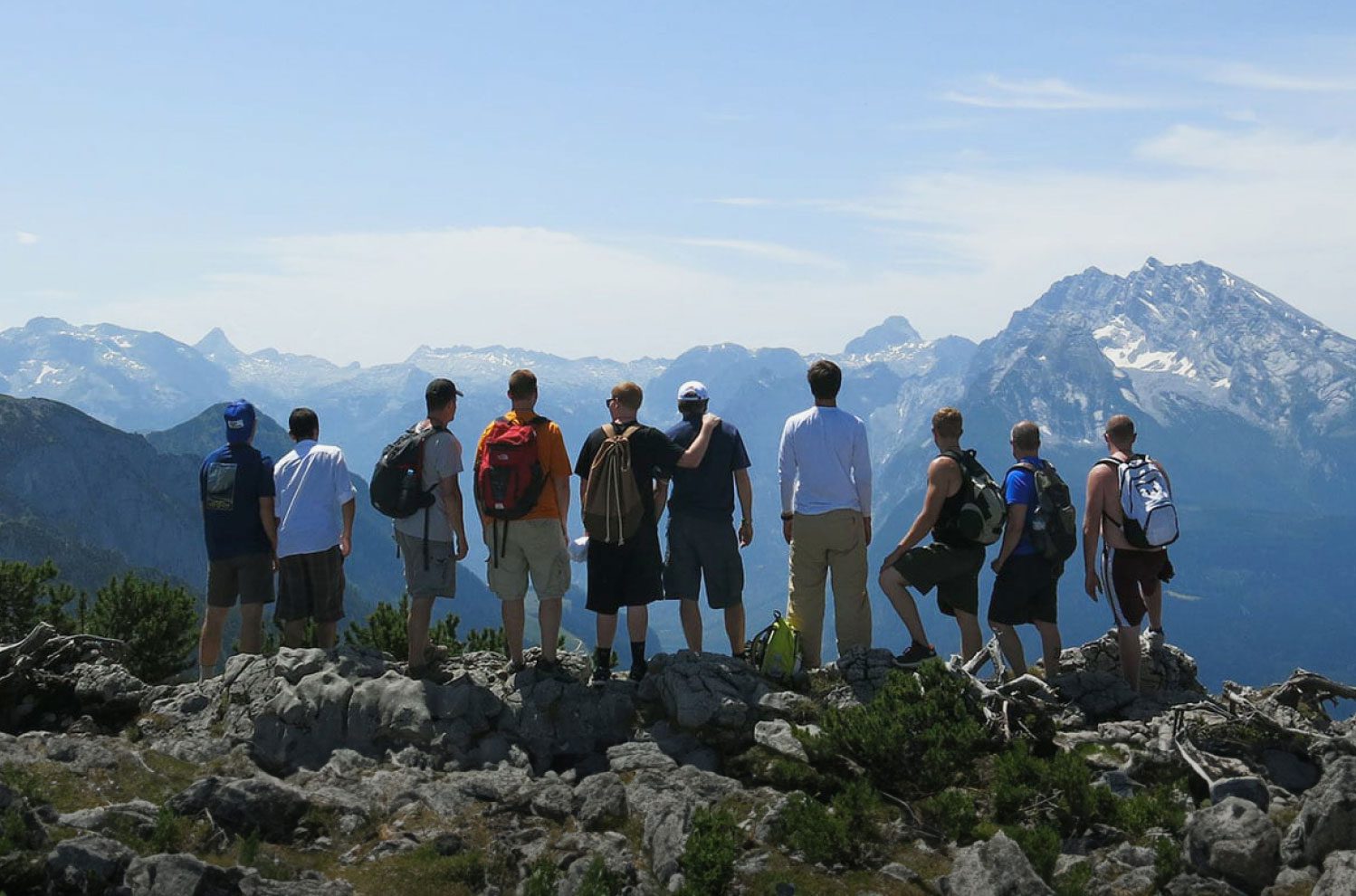 Europe
Europe


